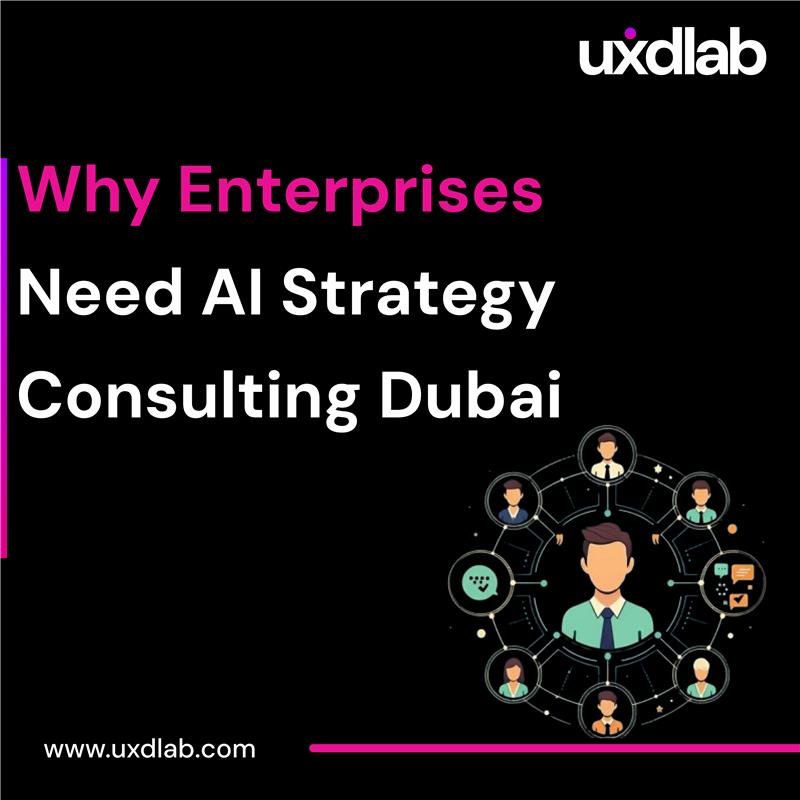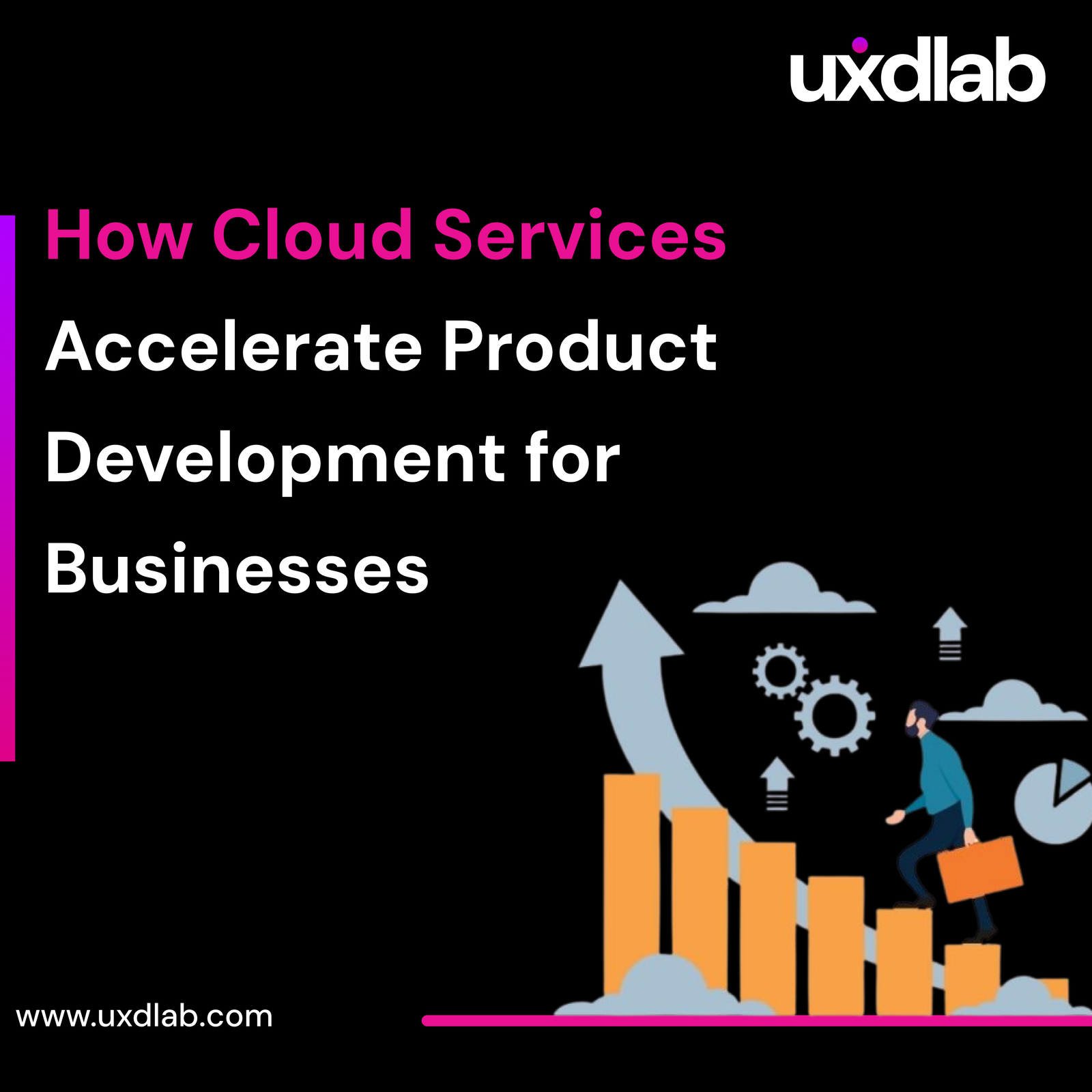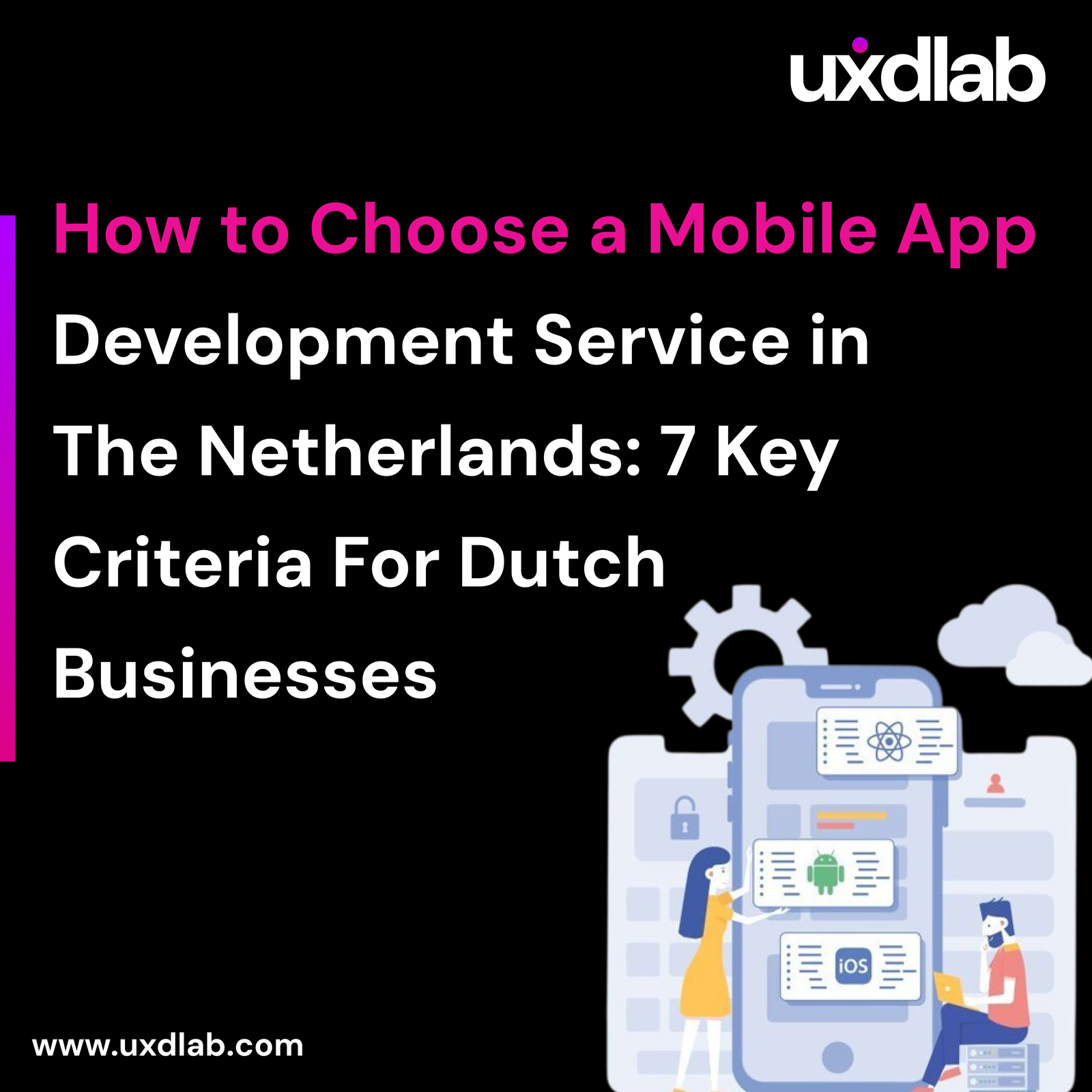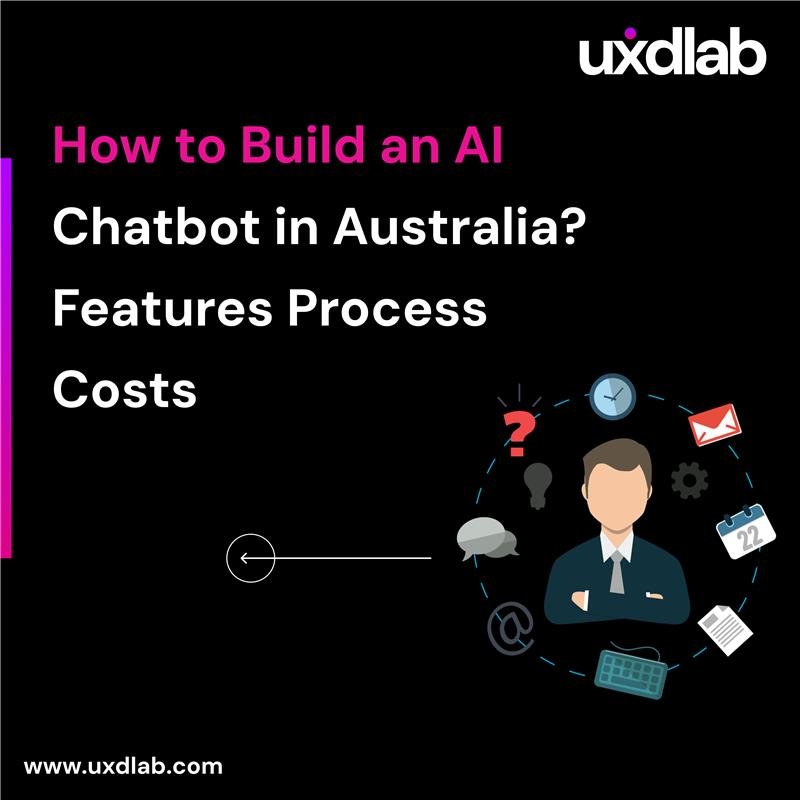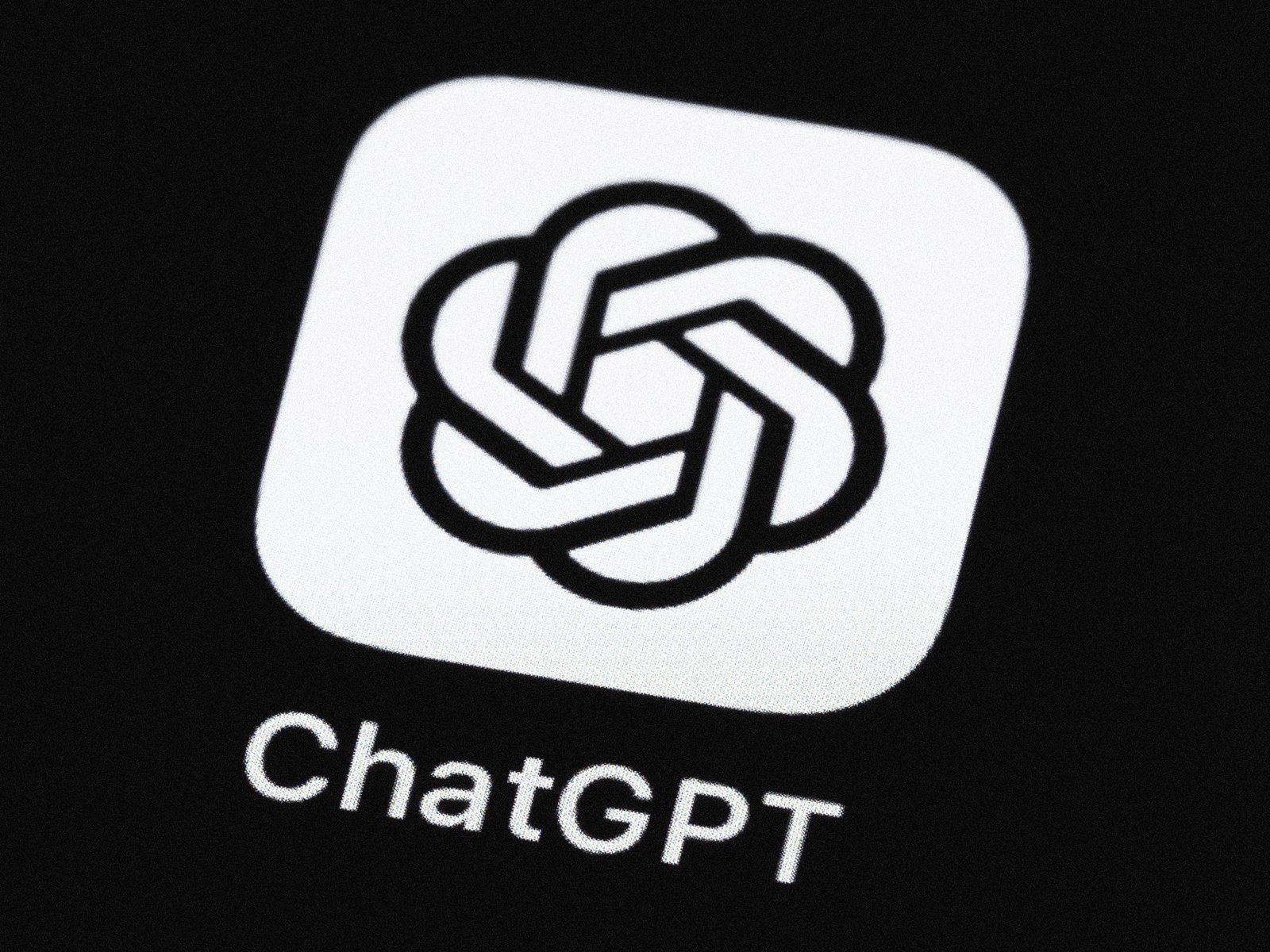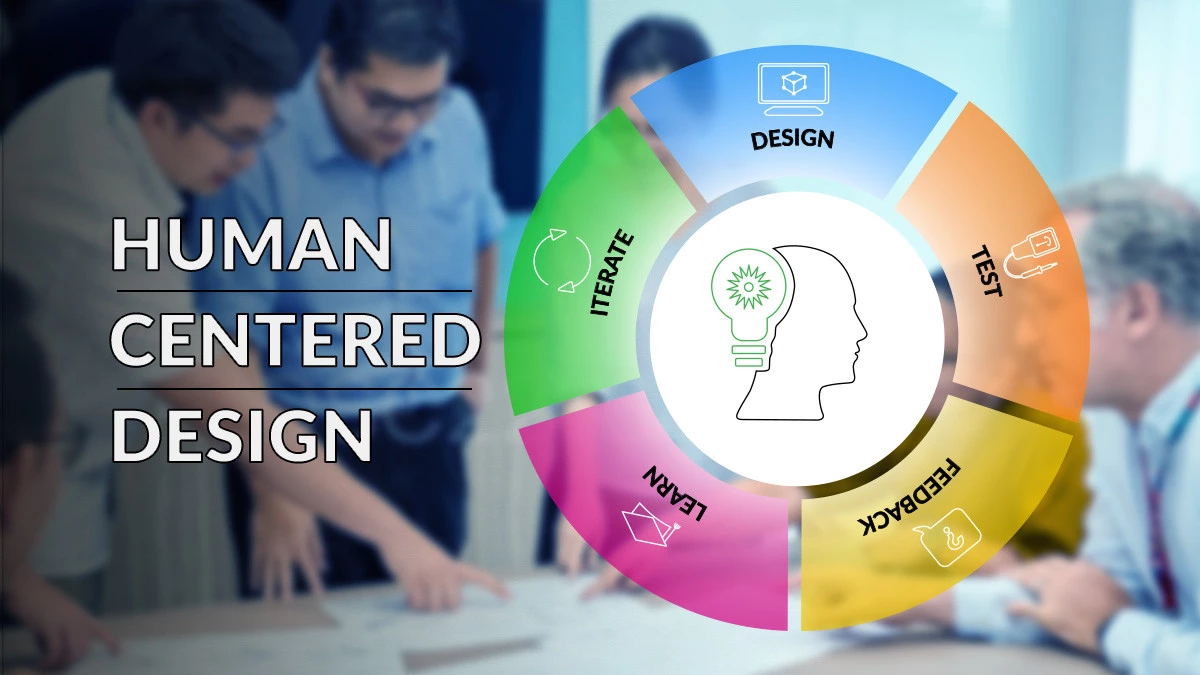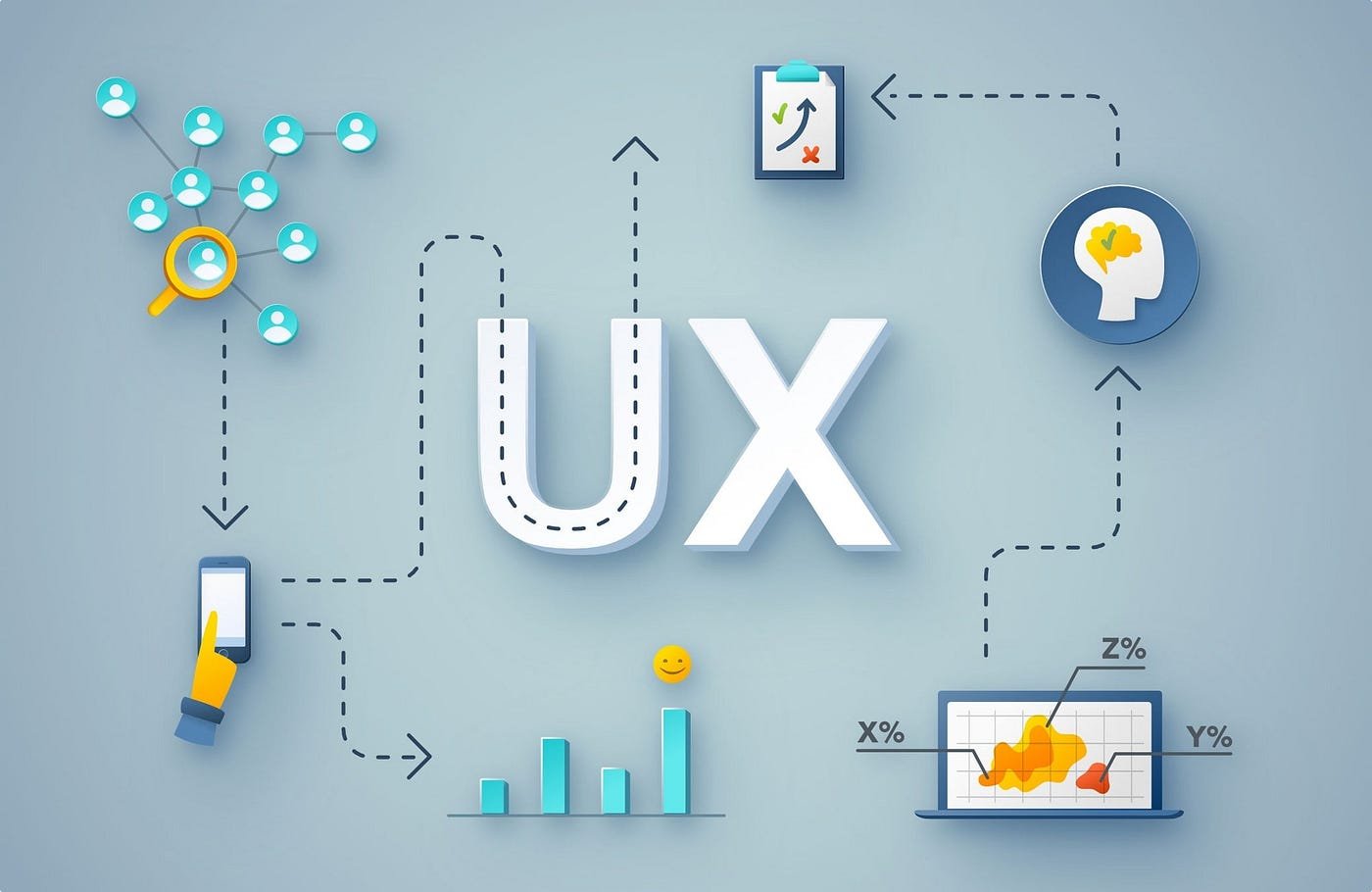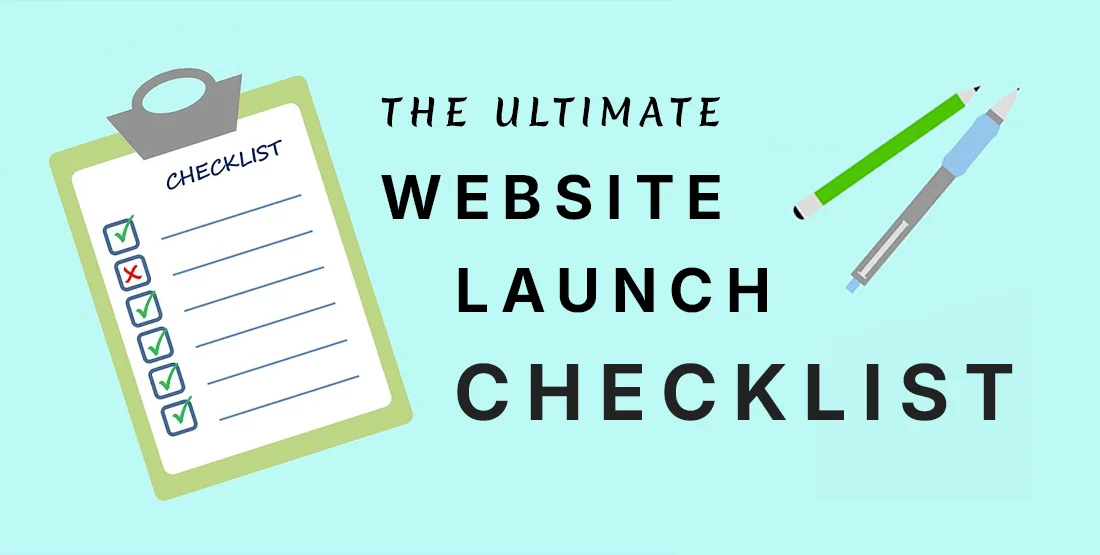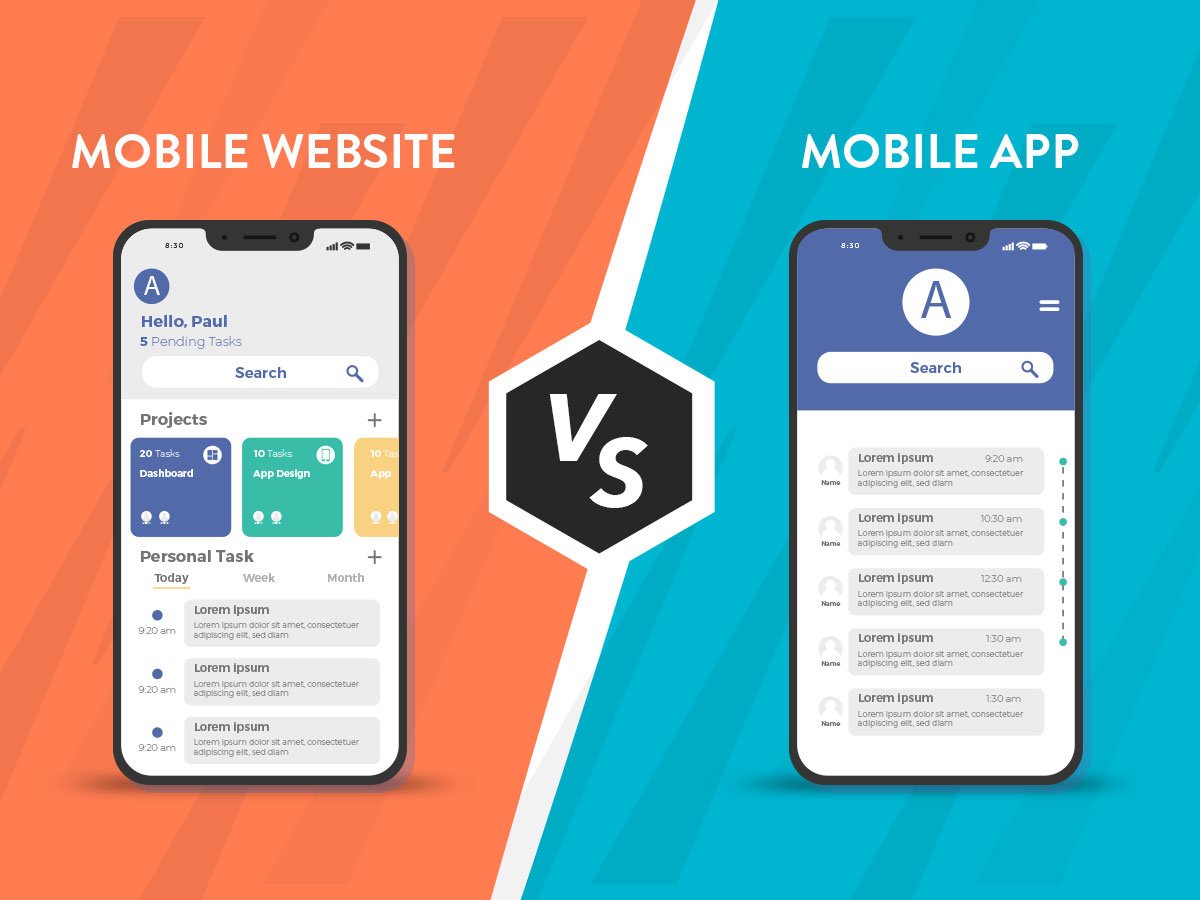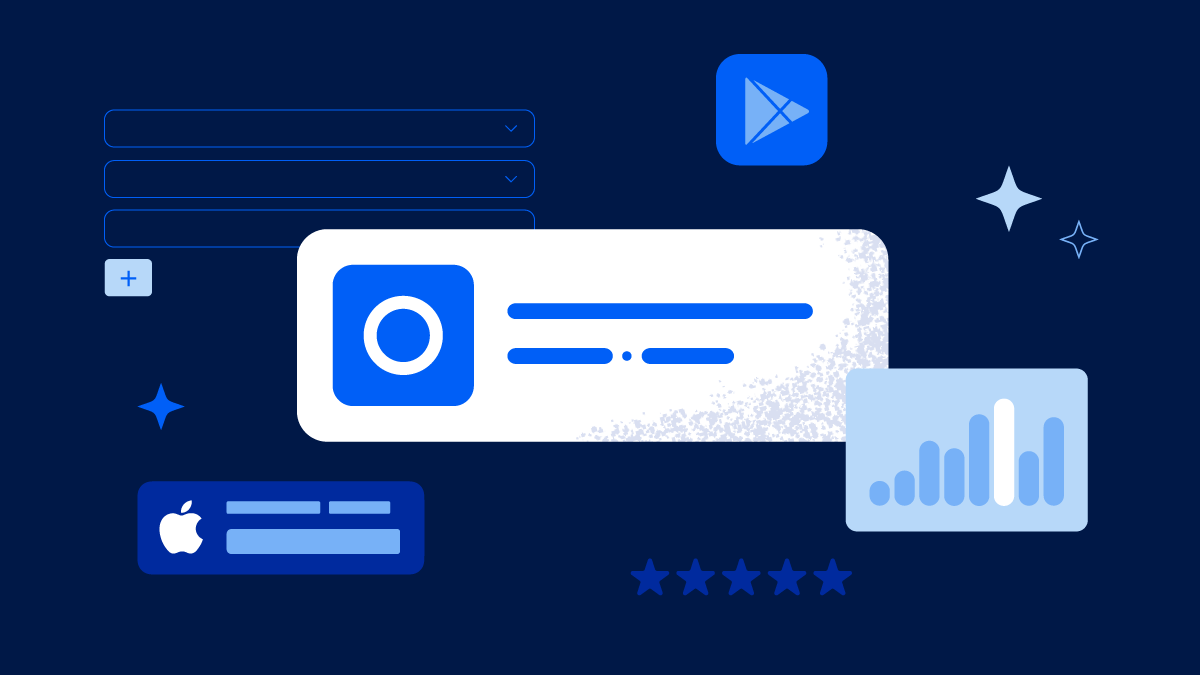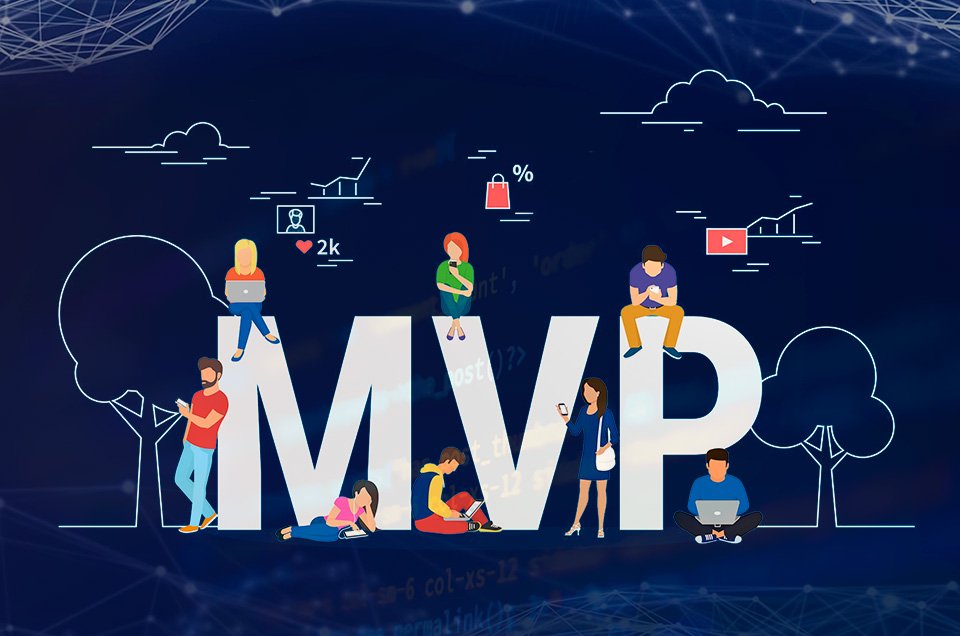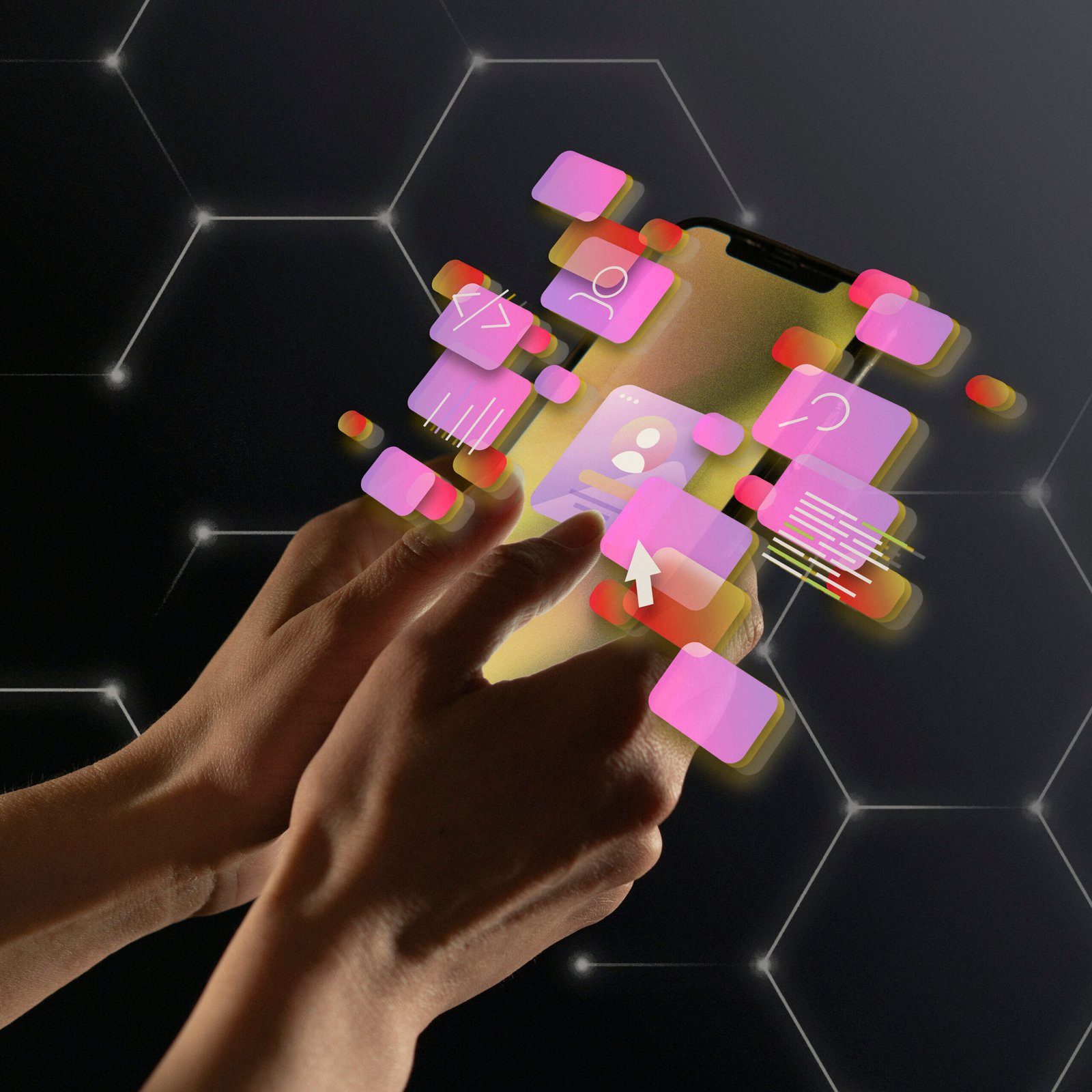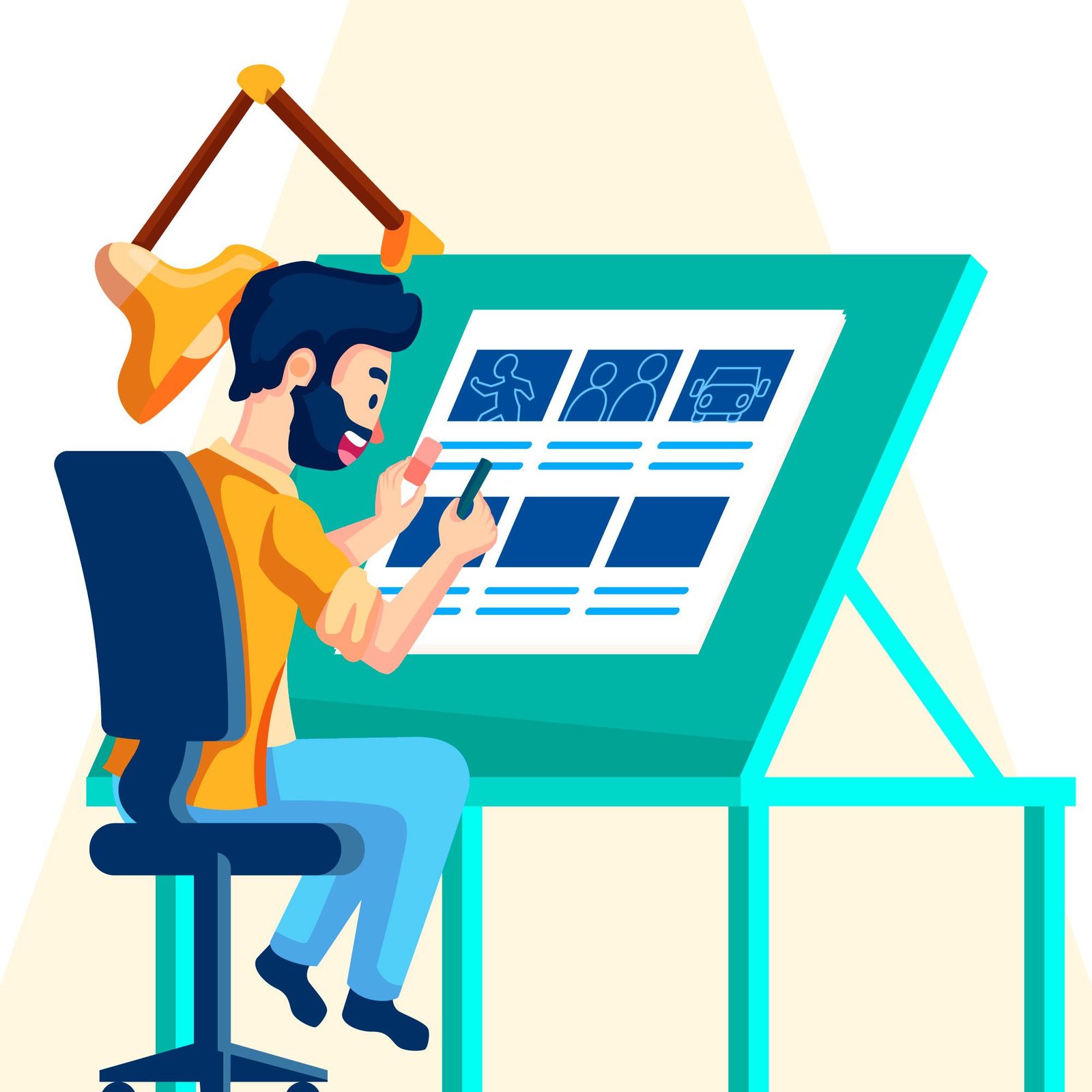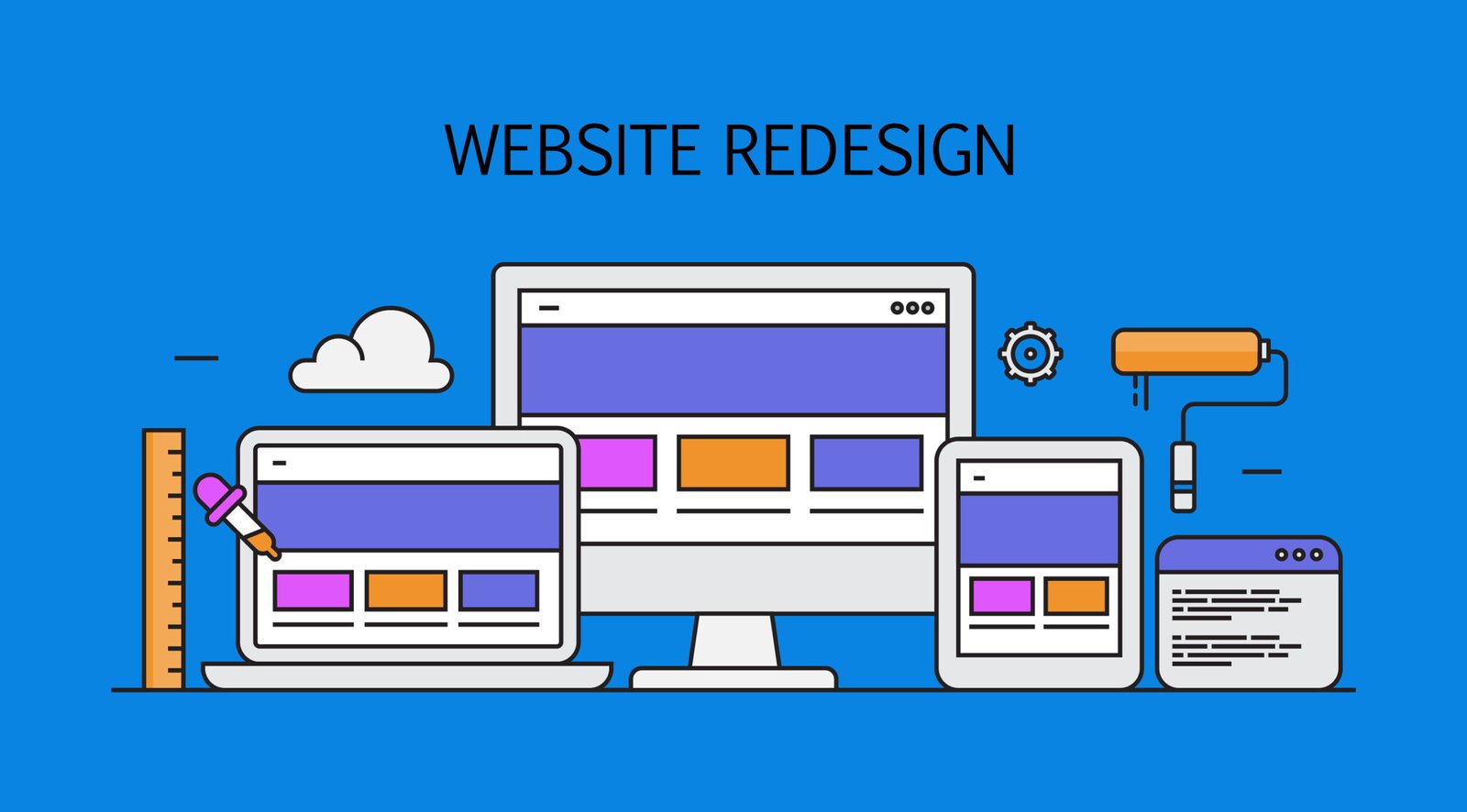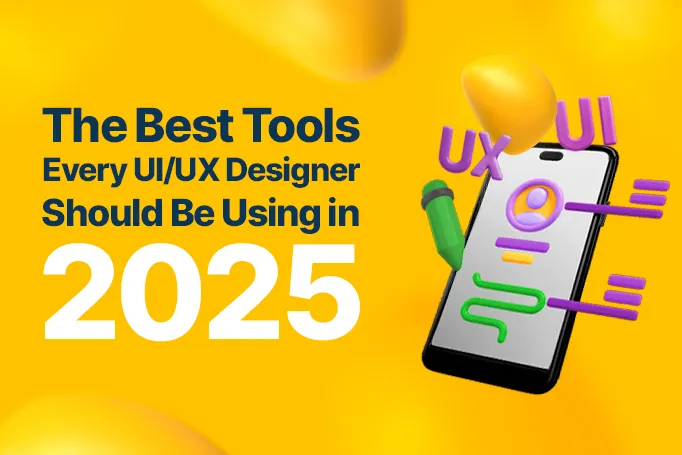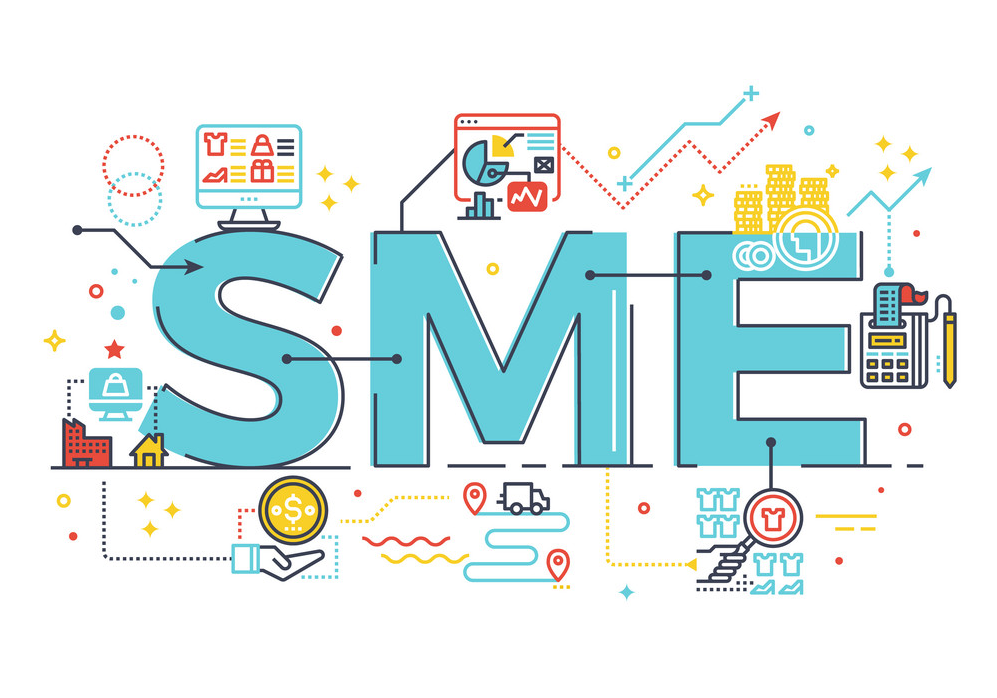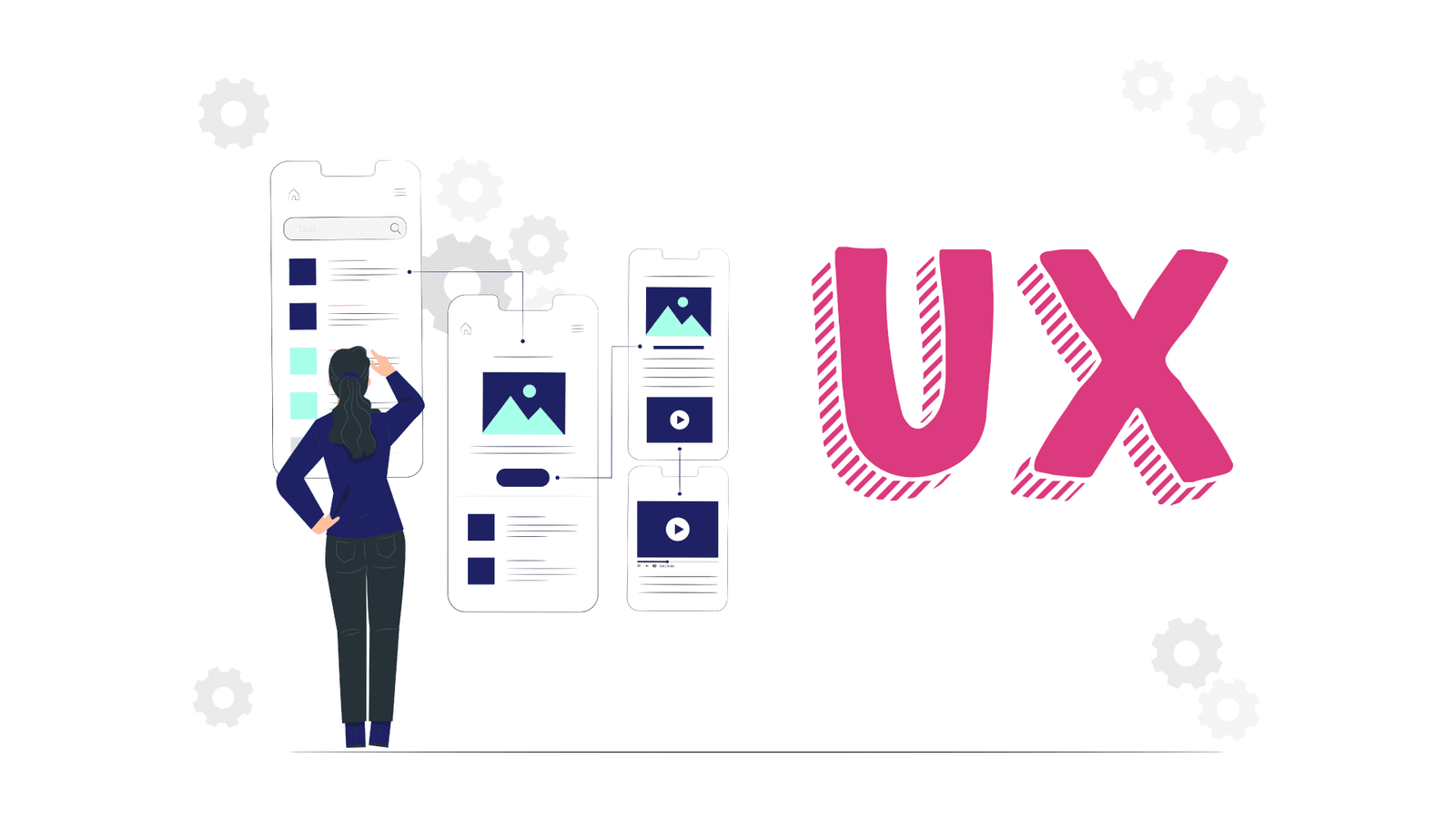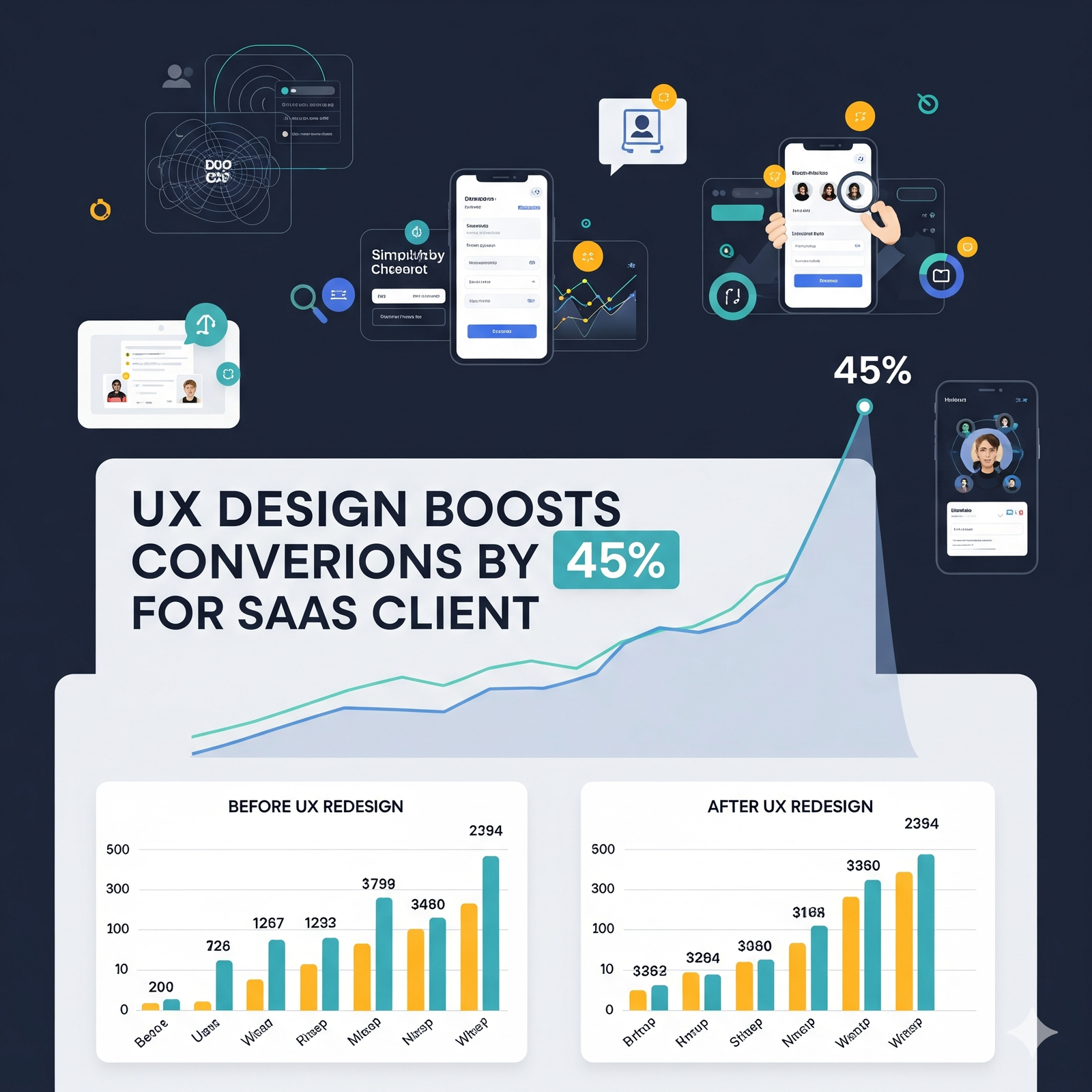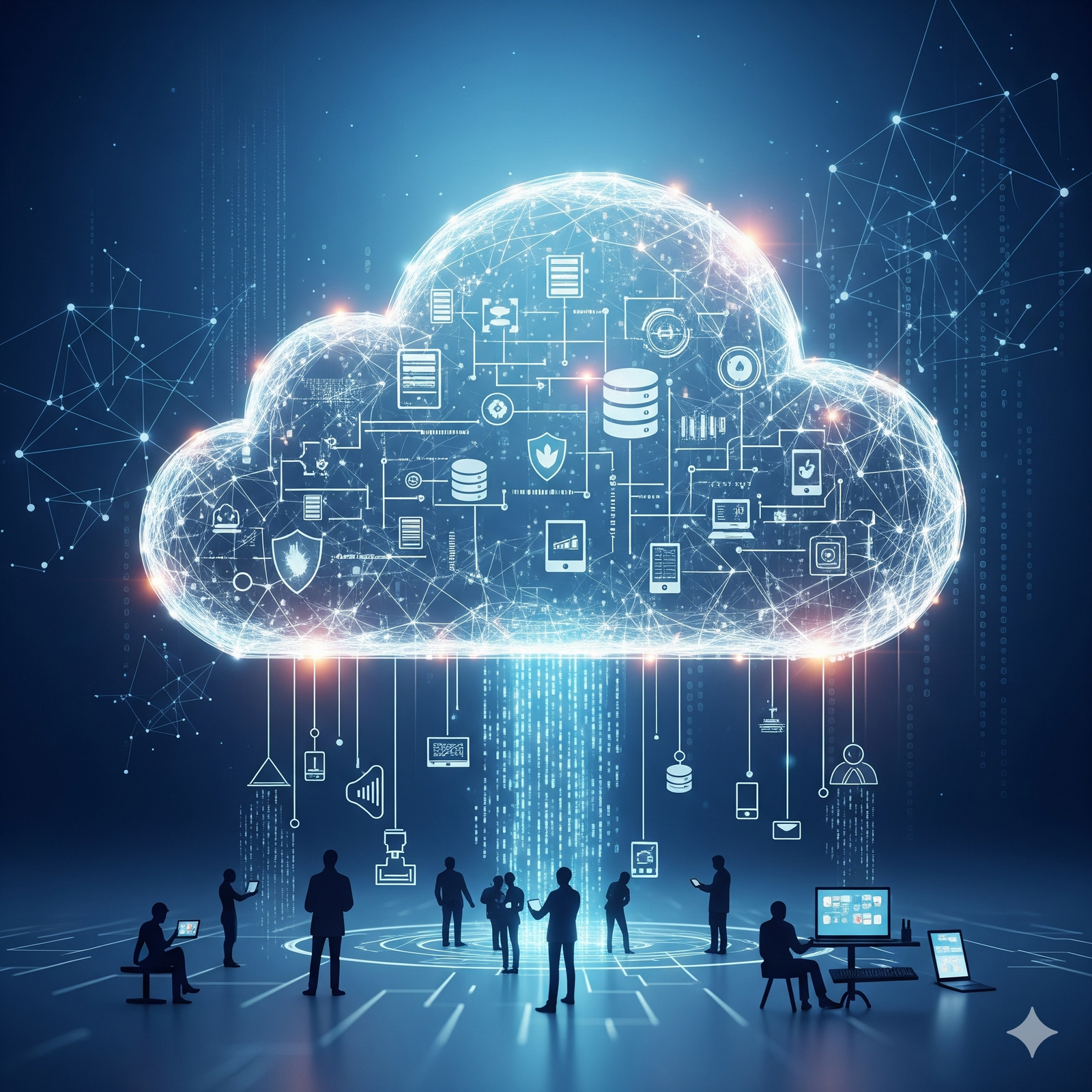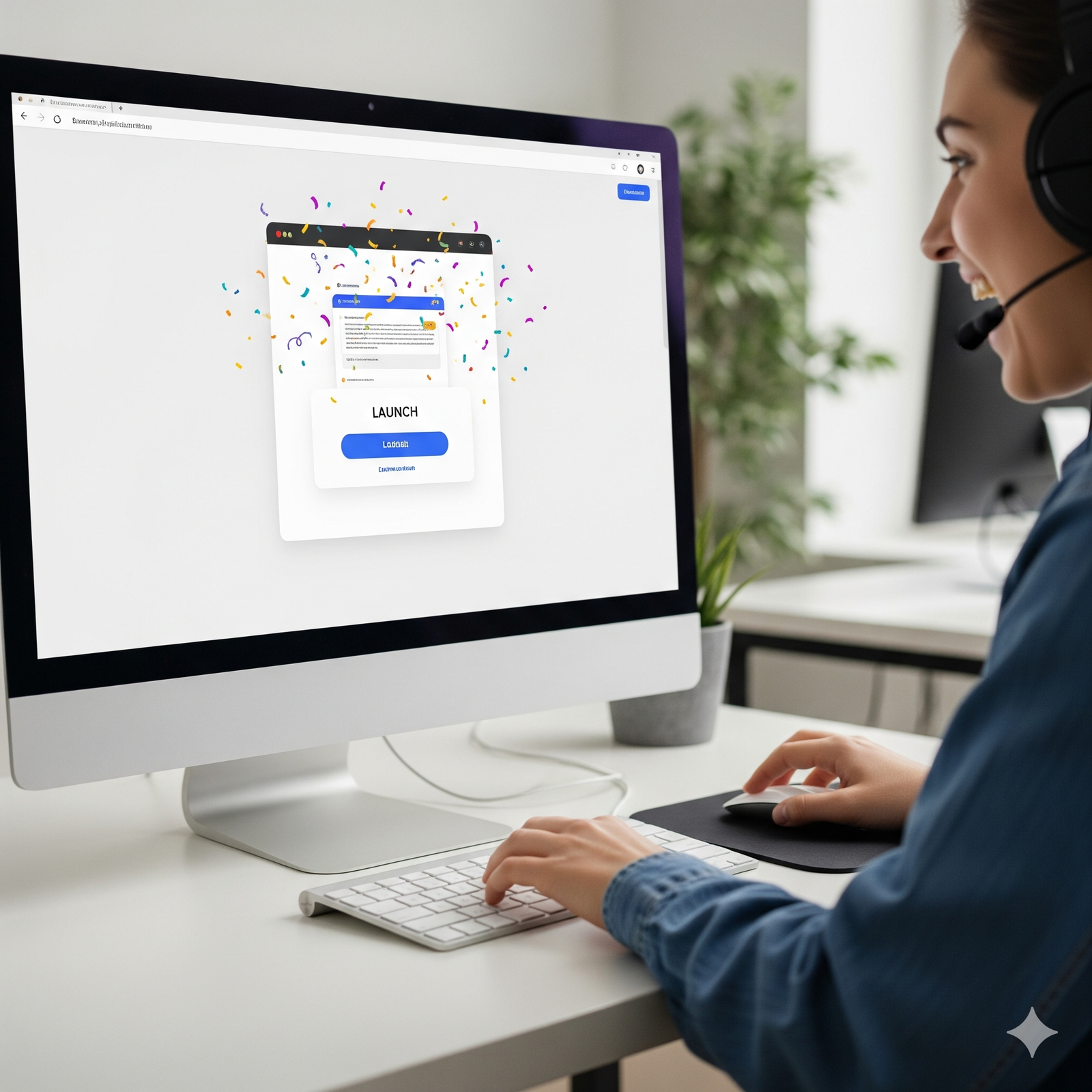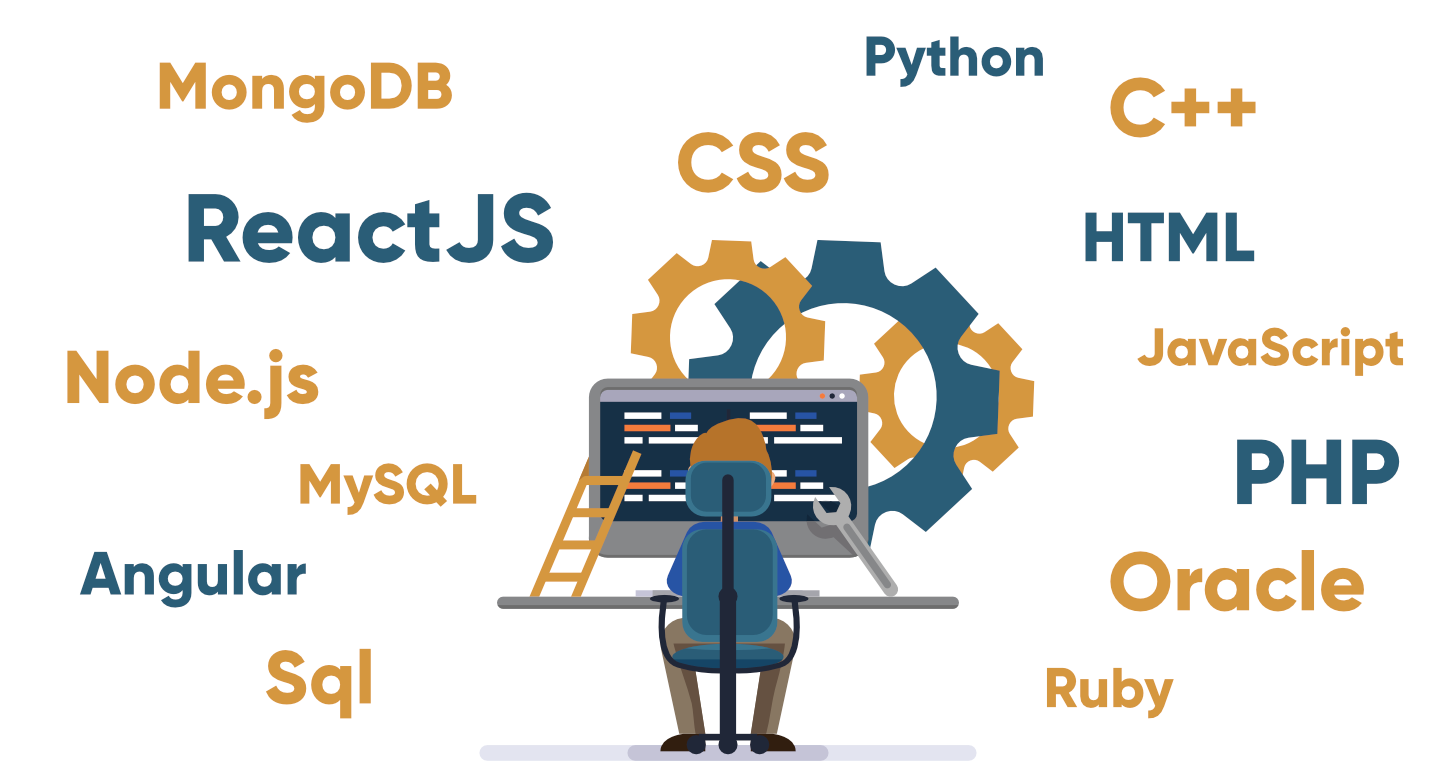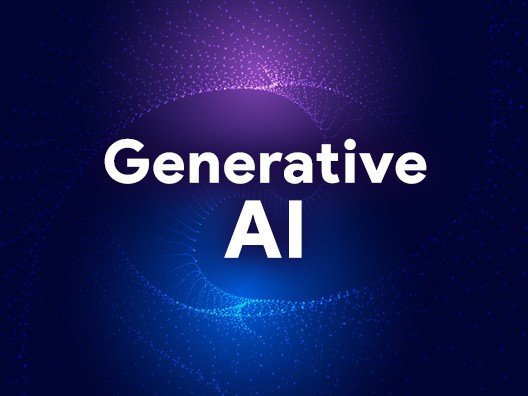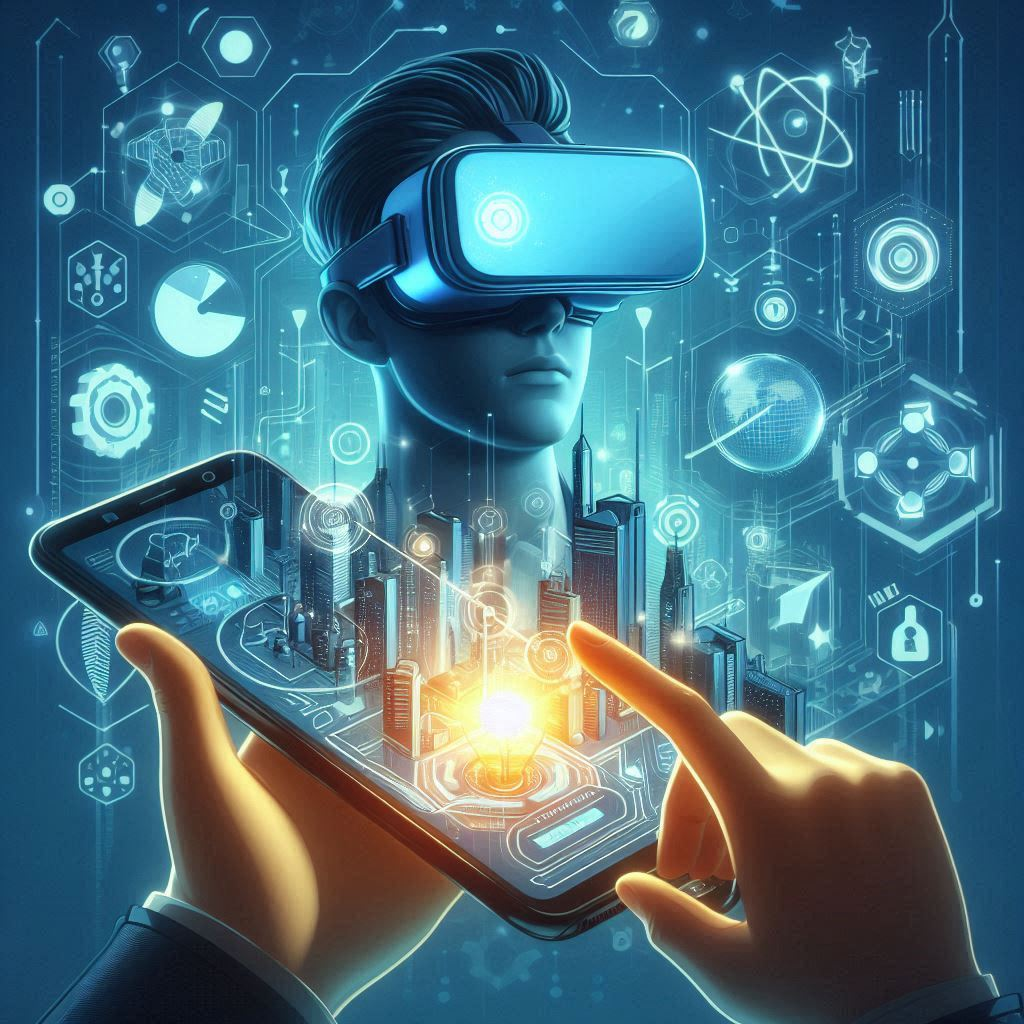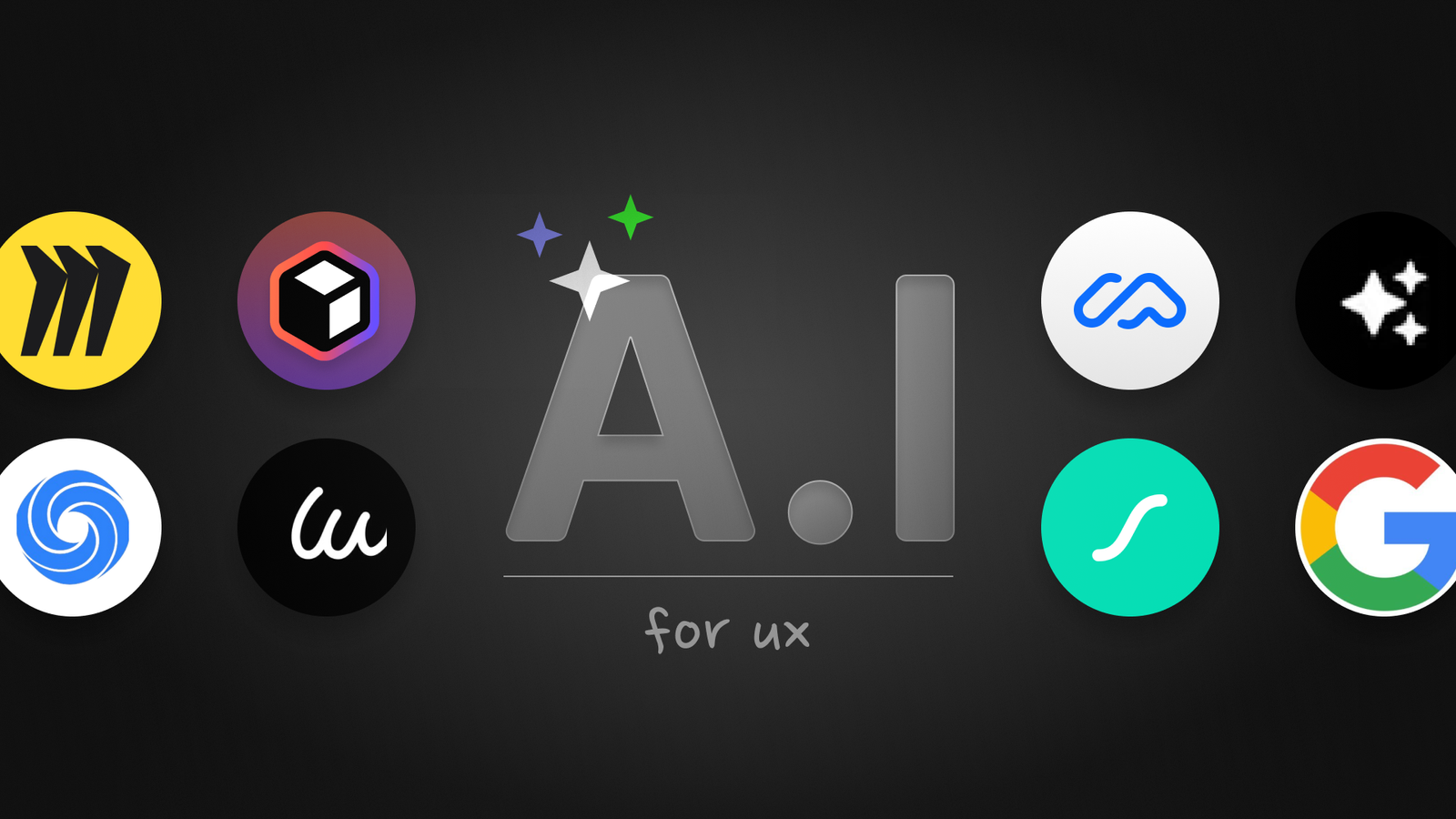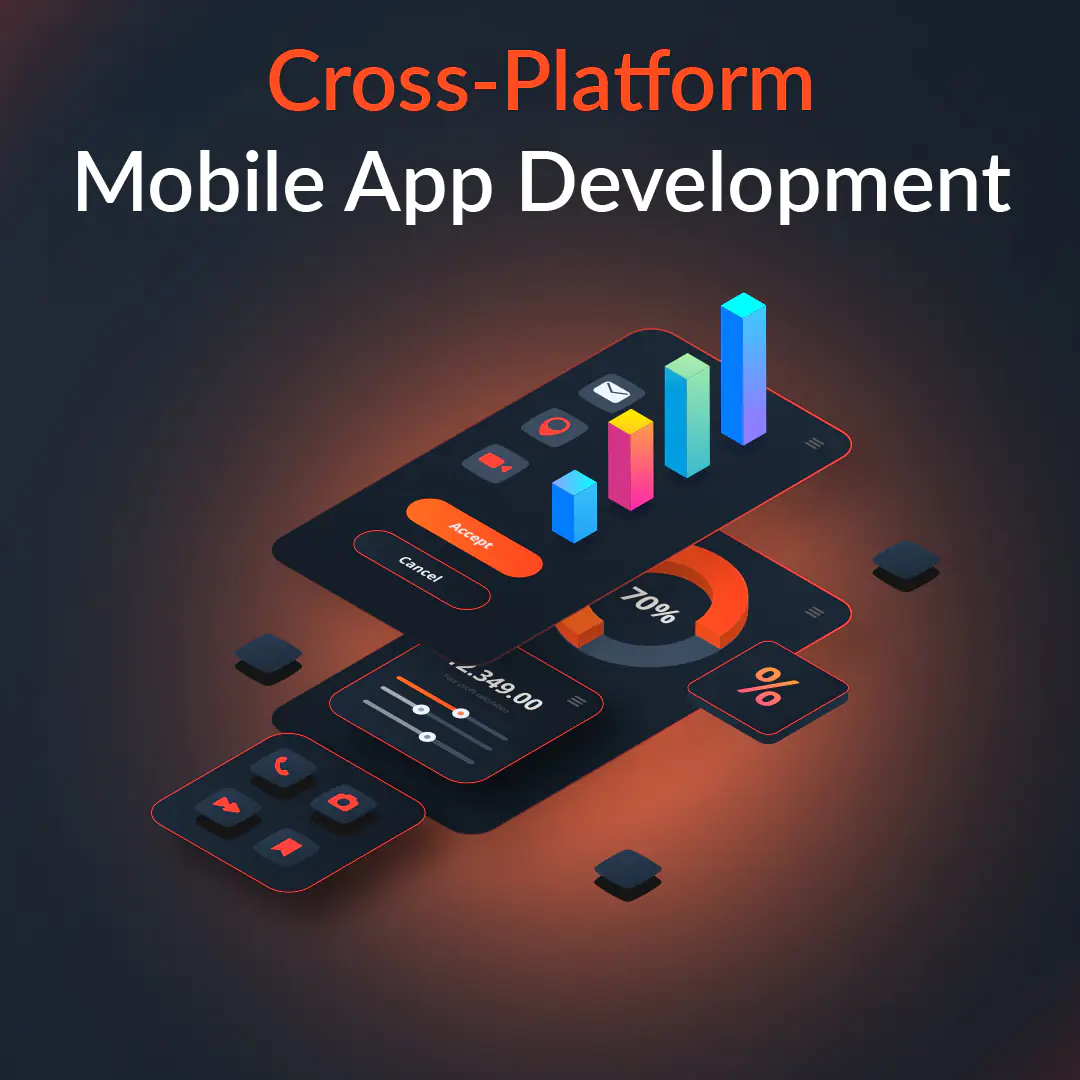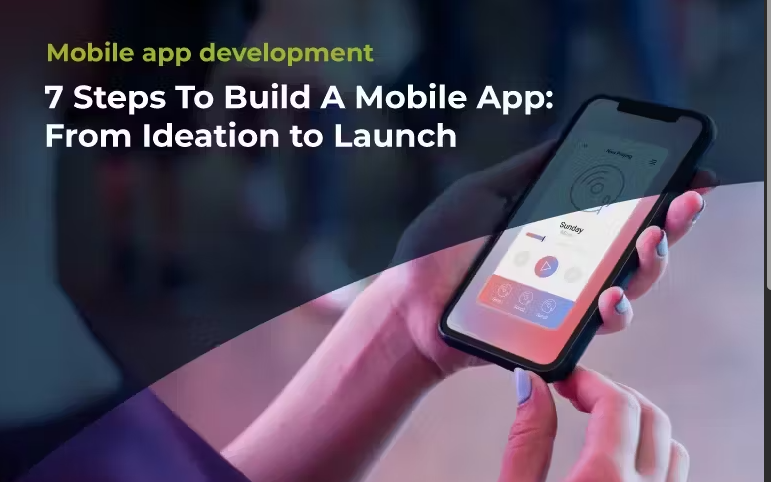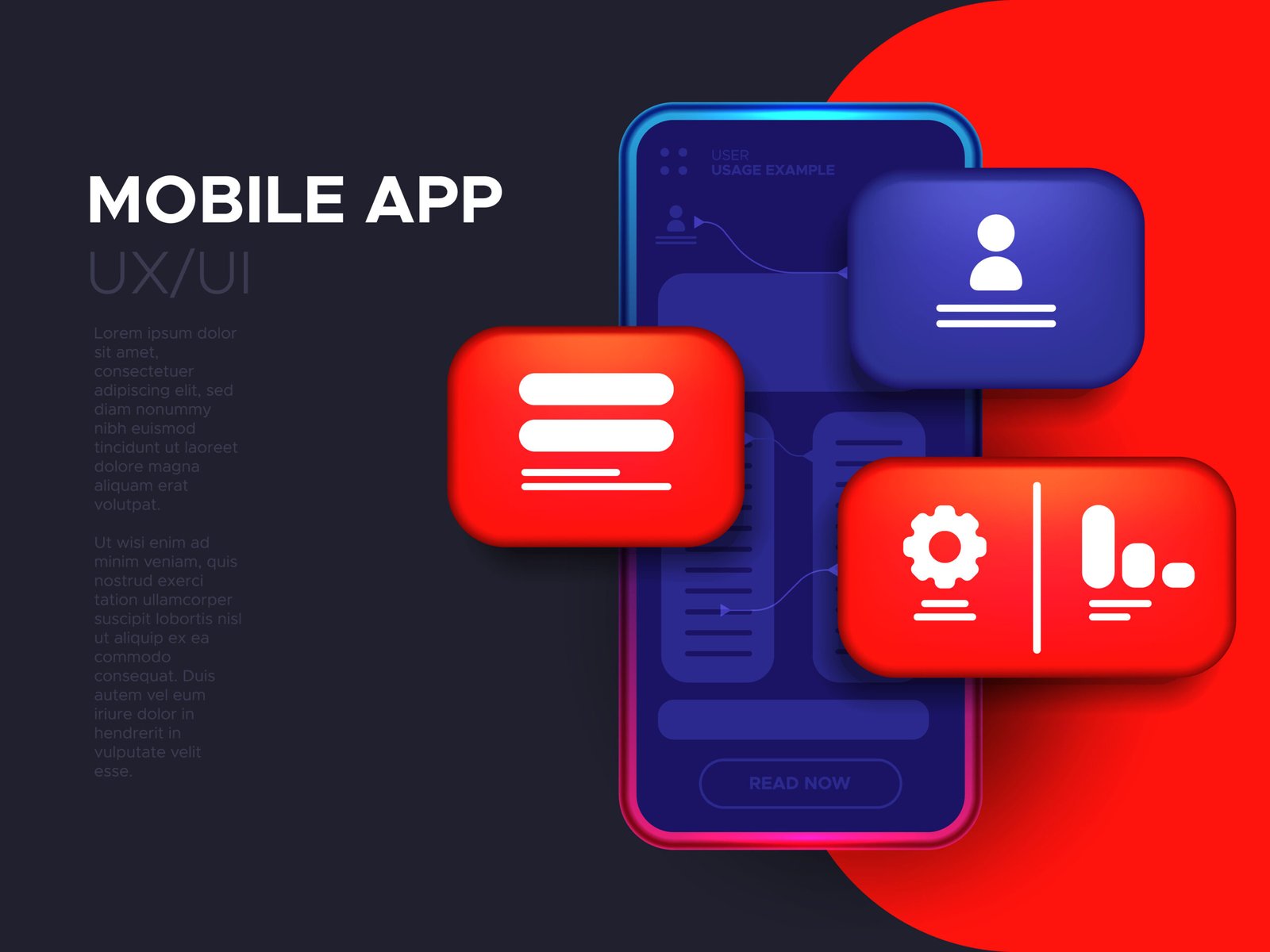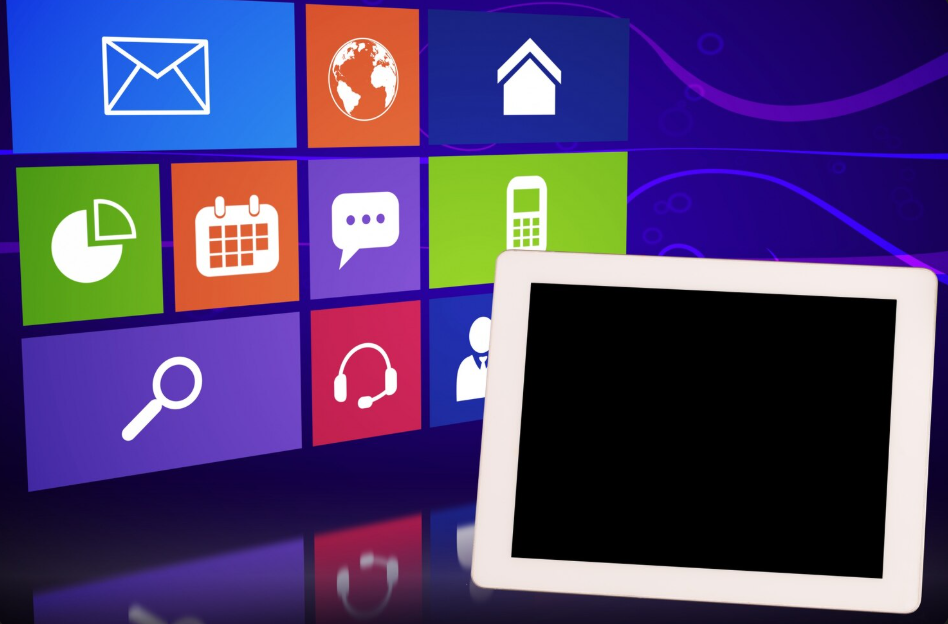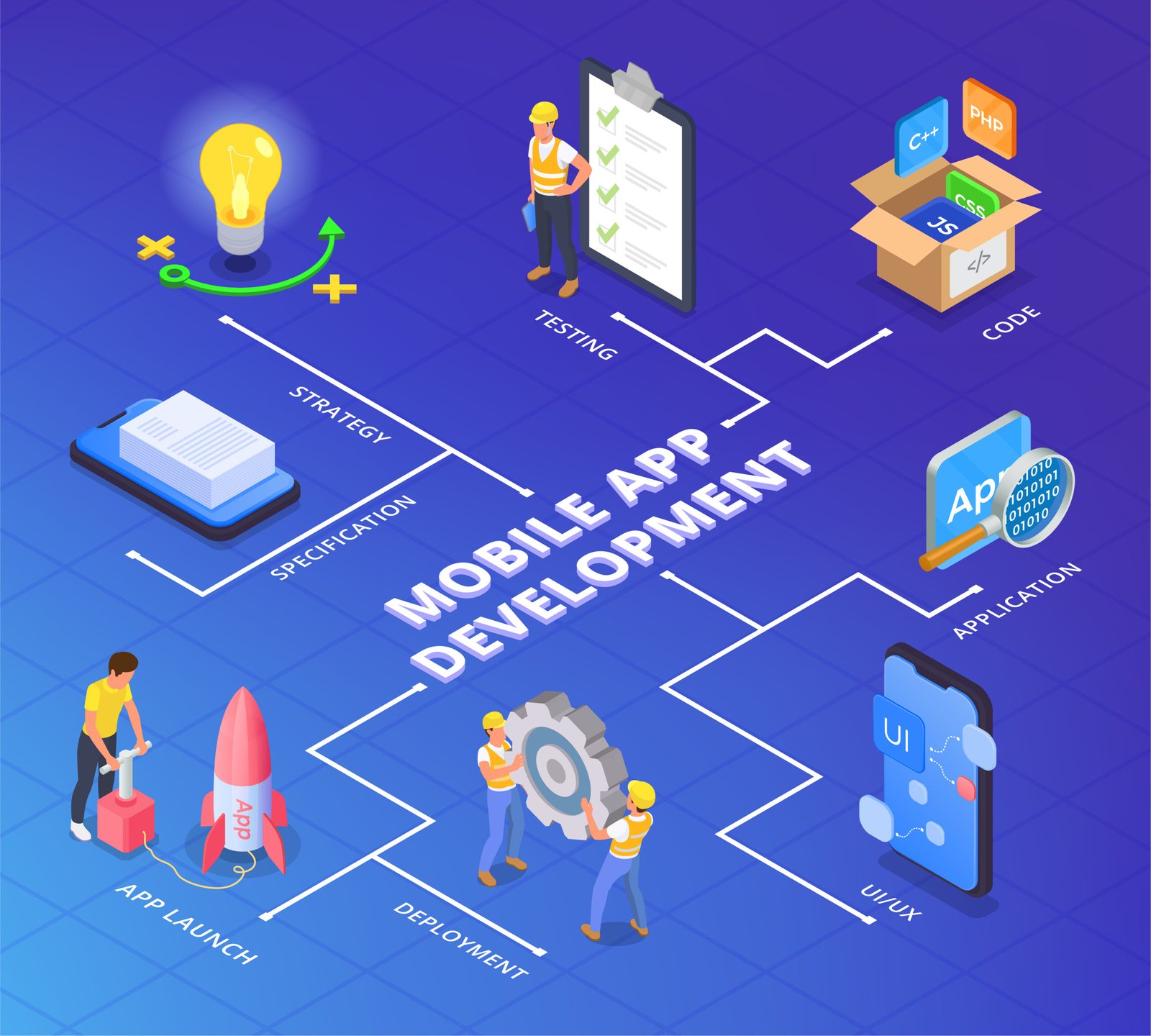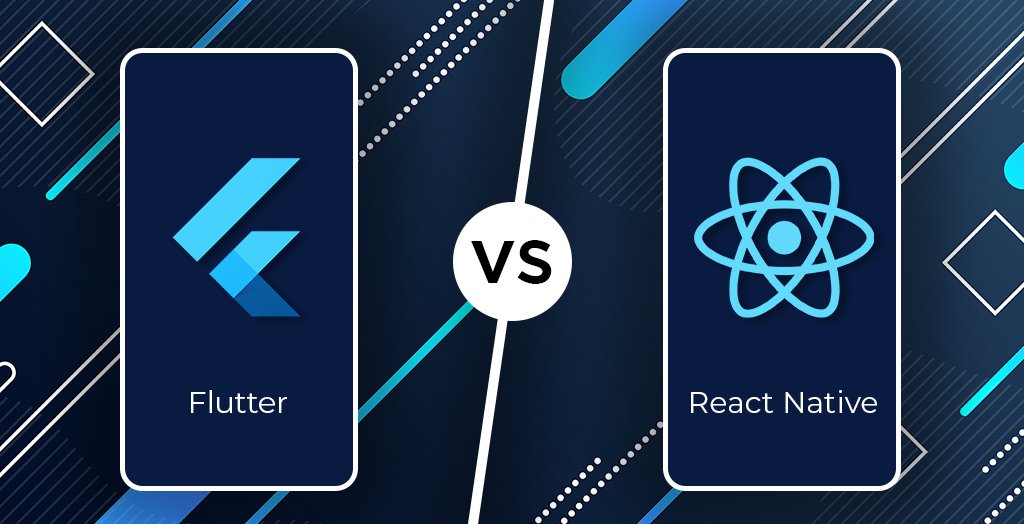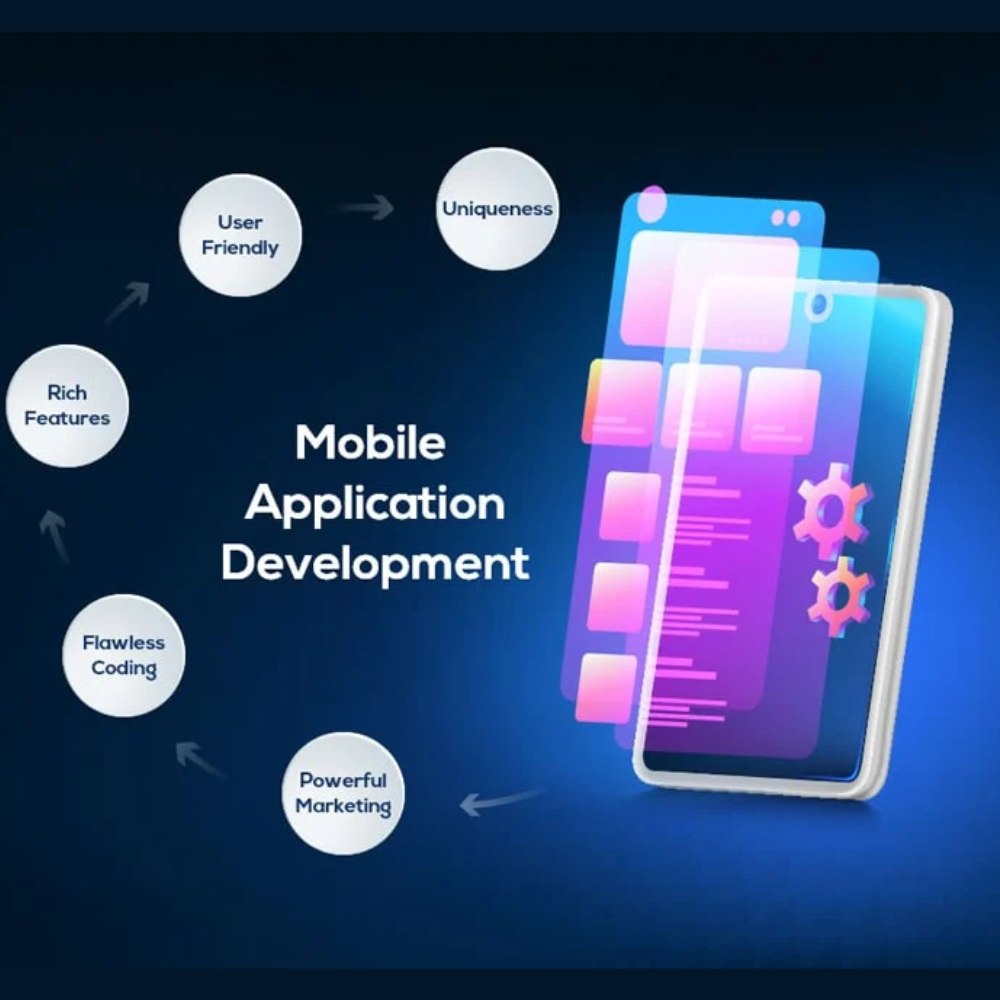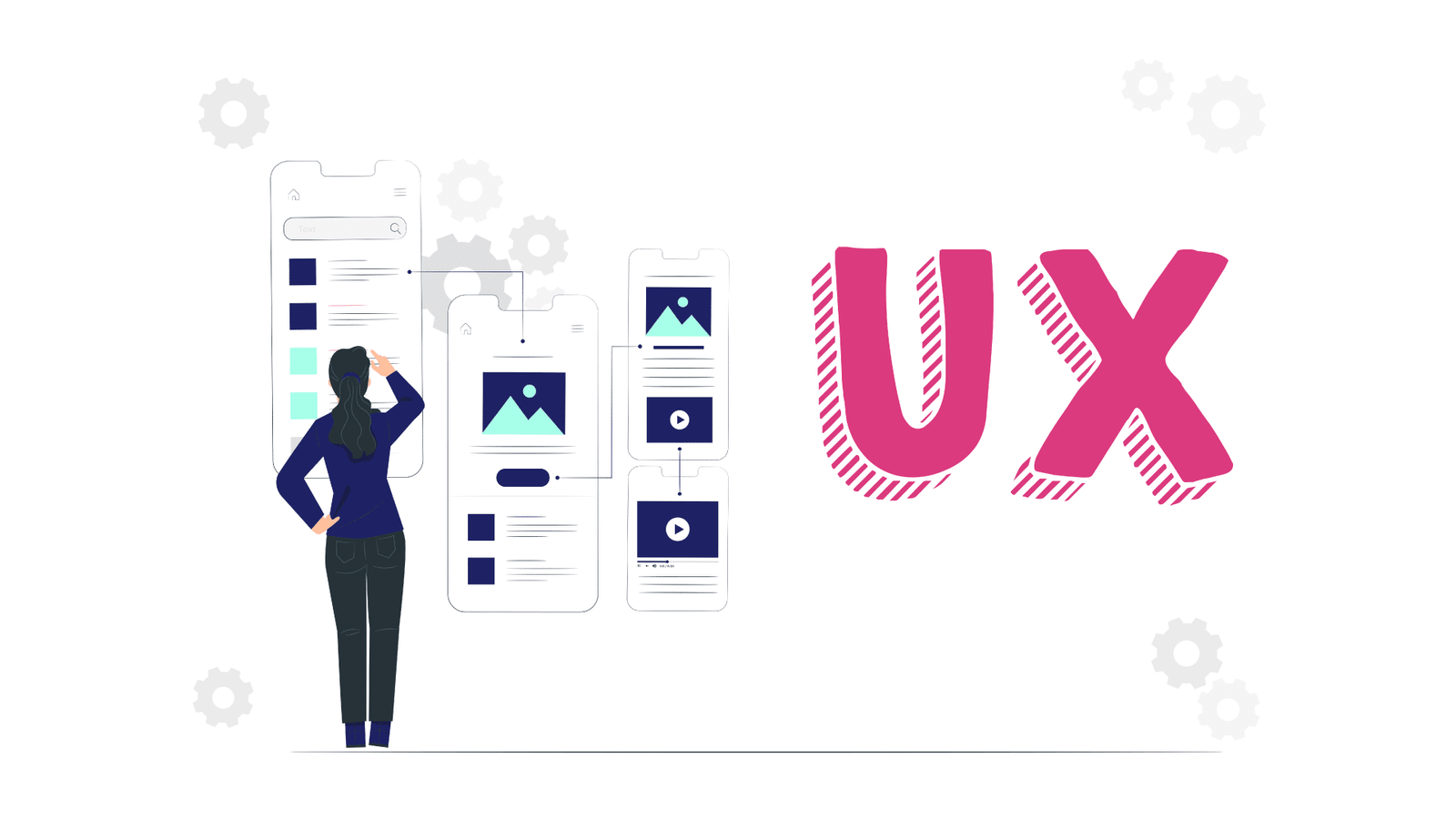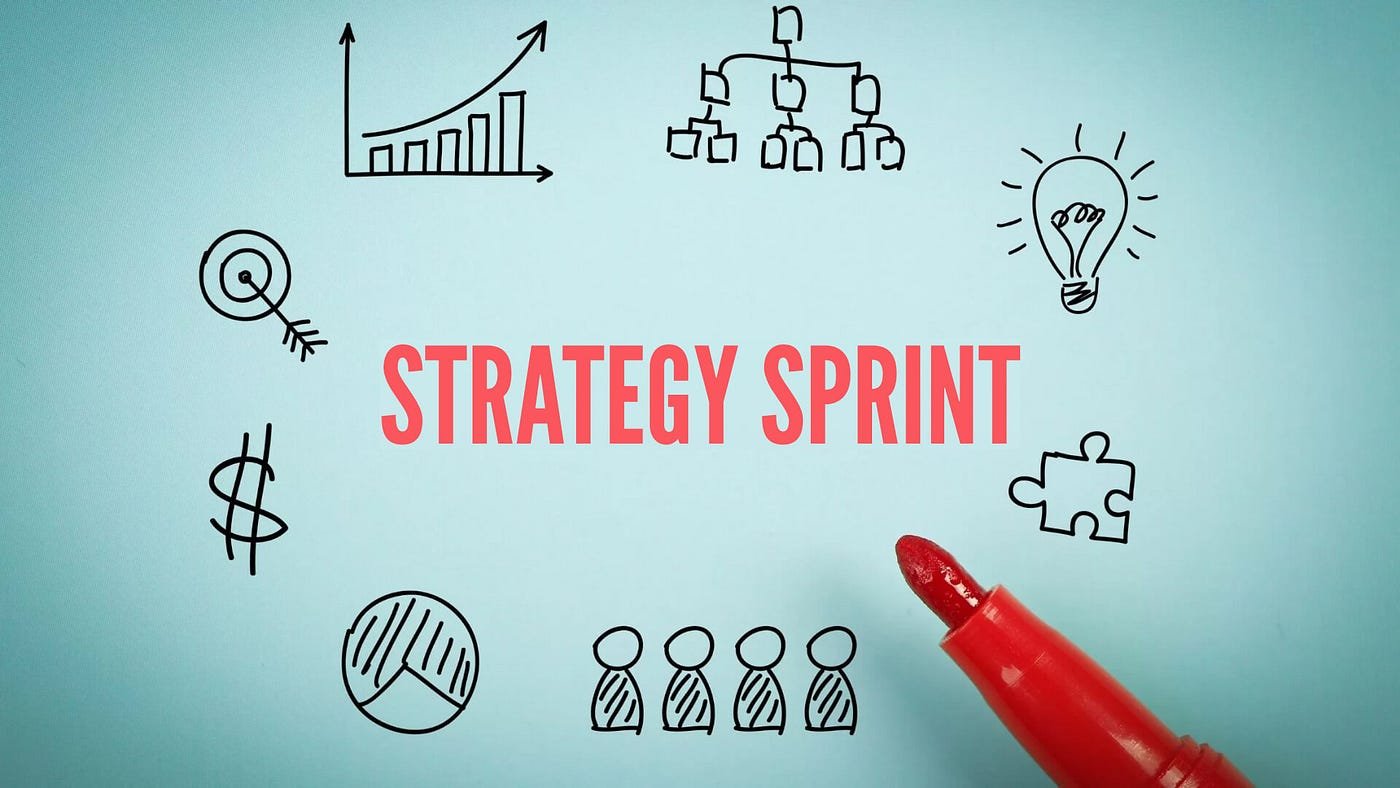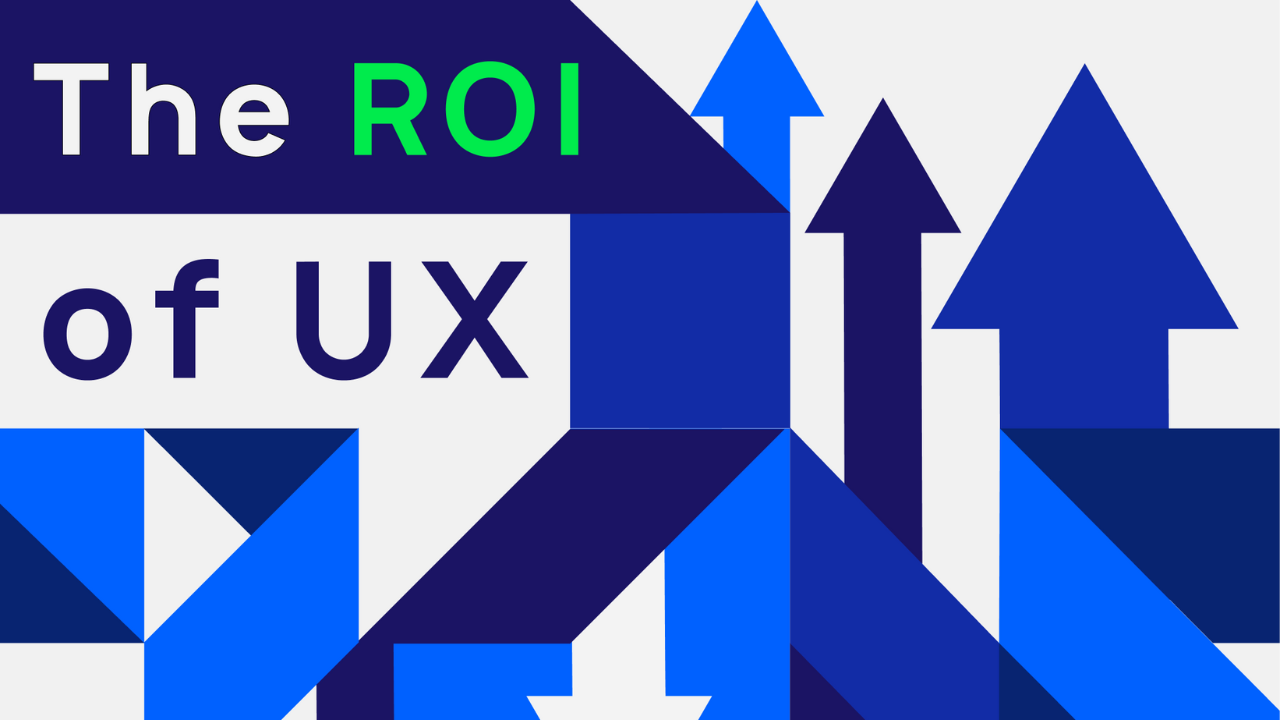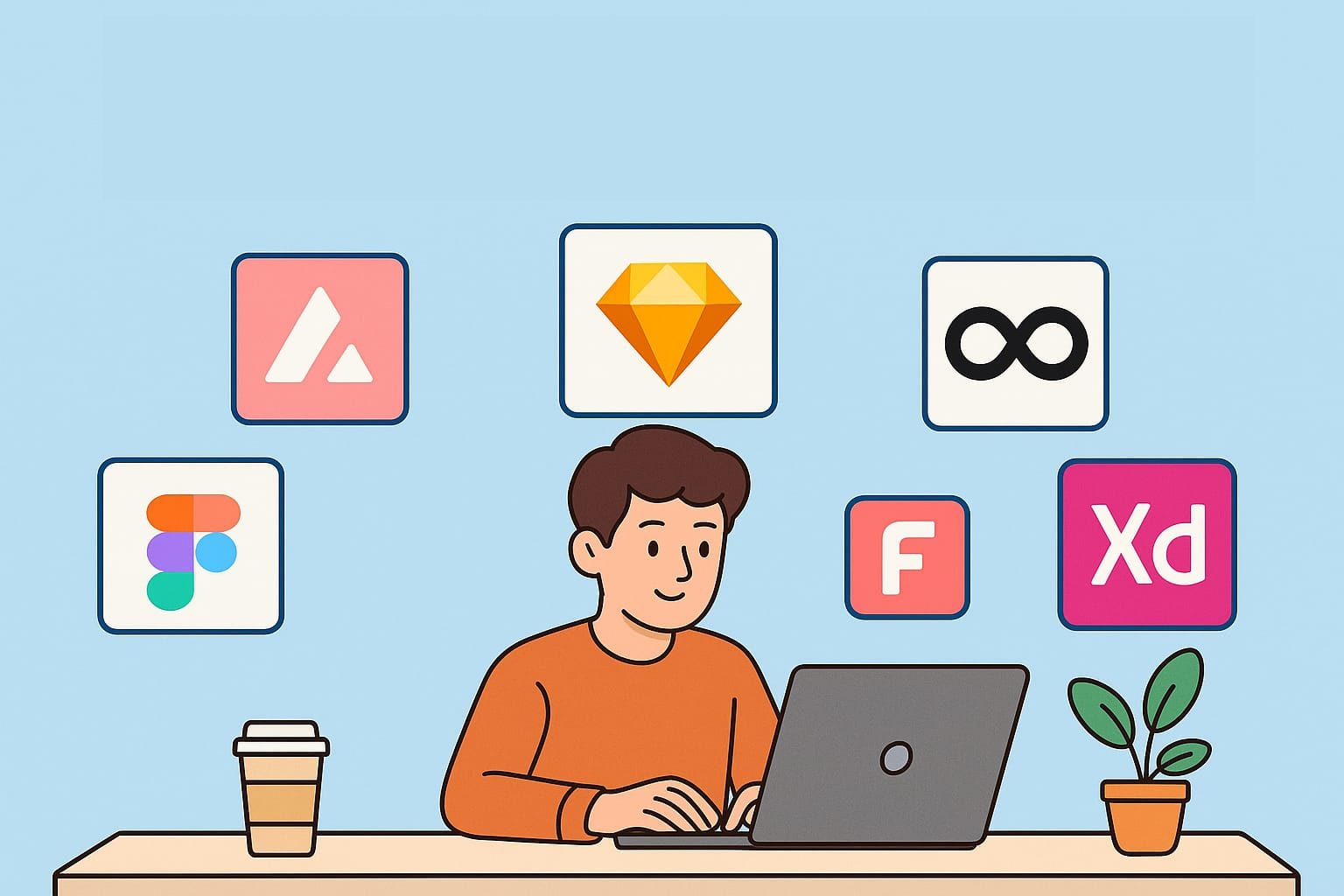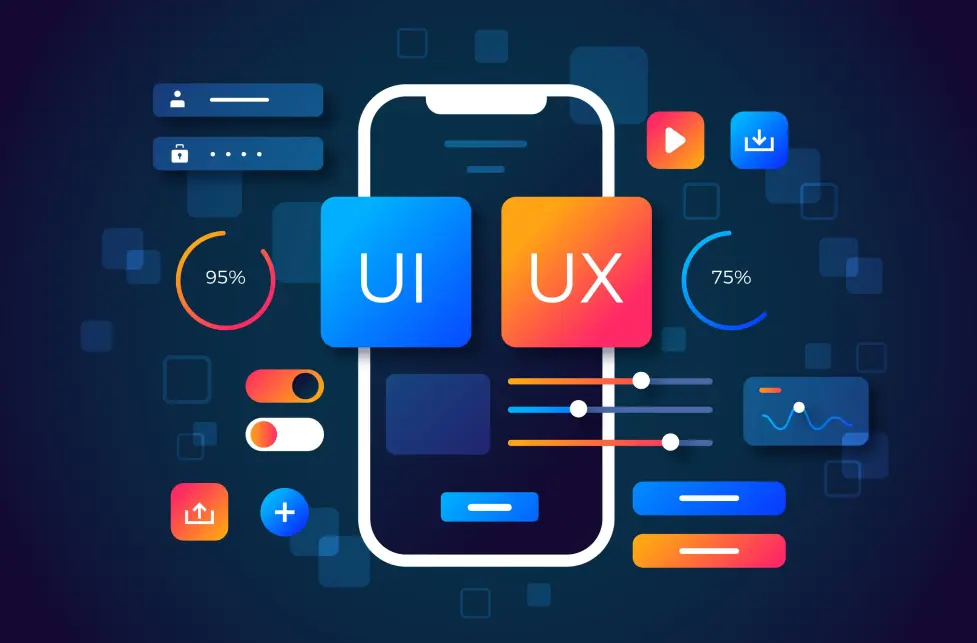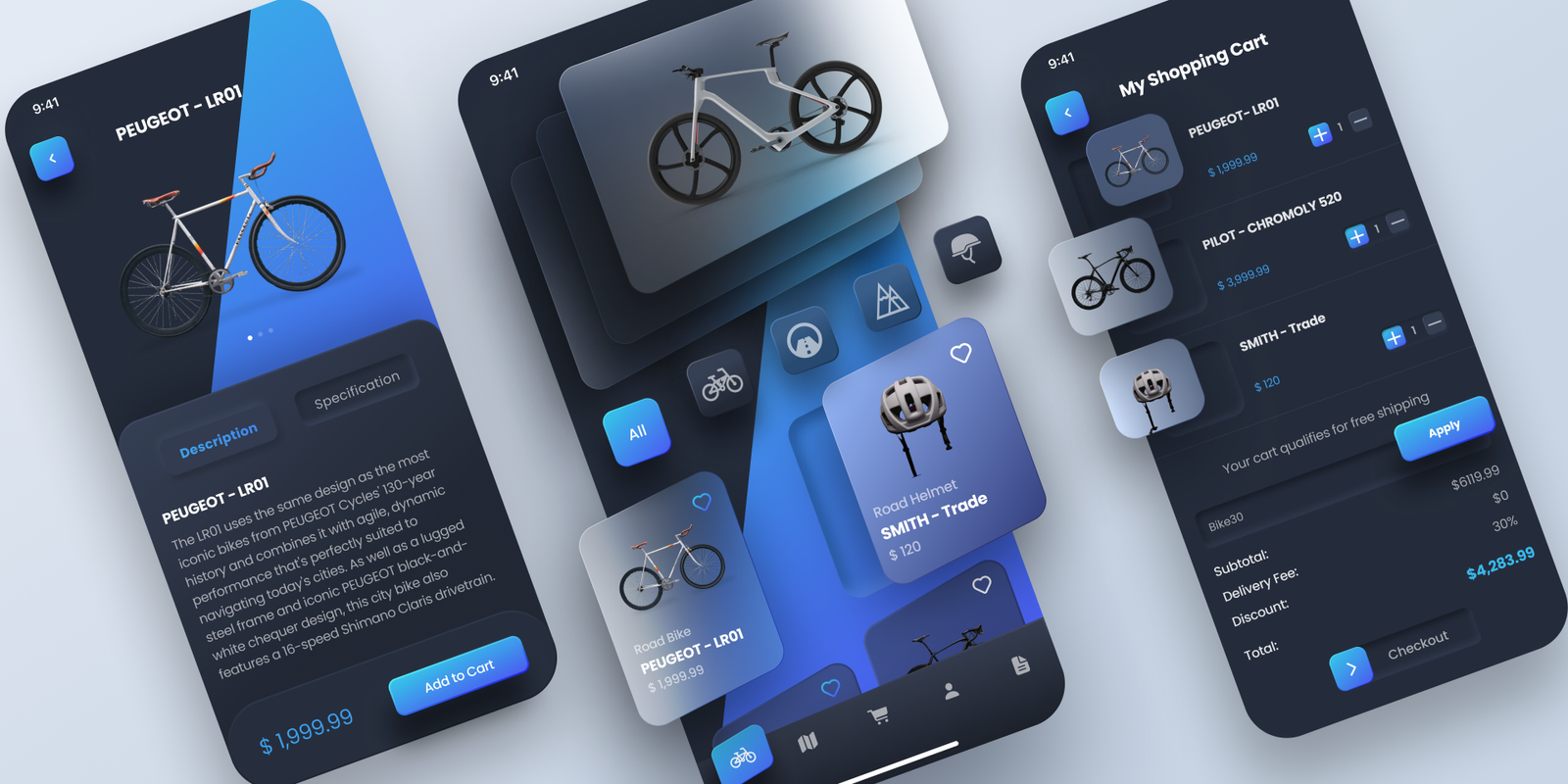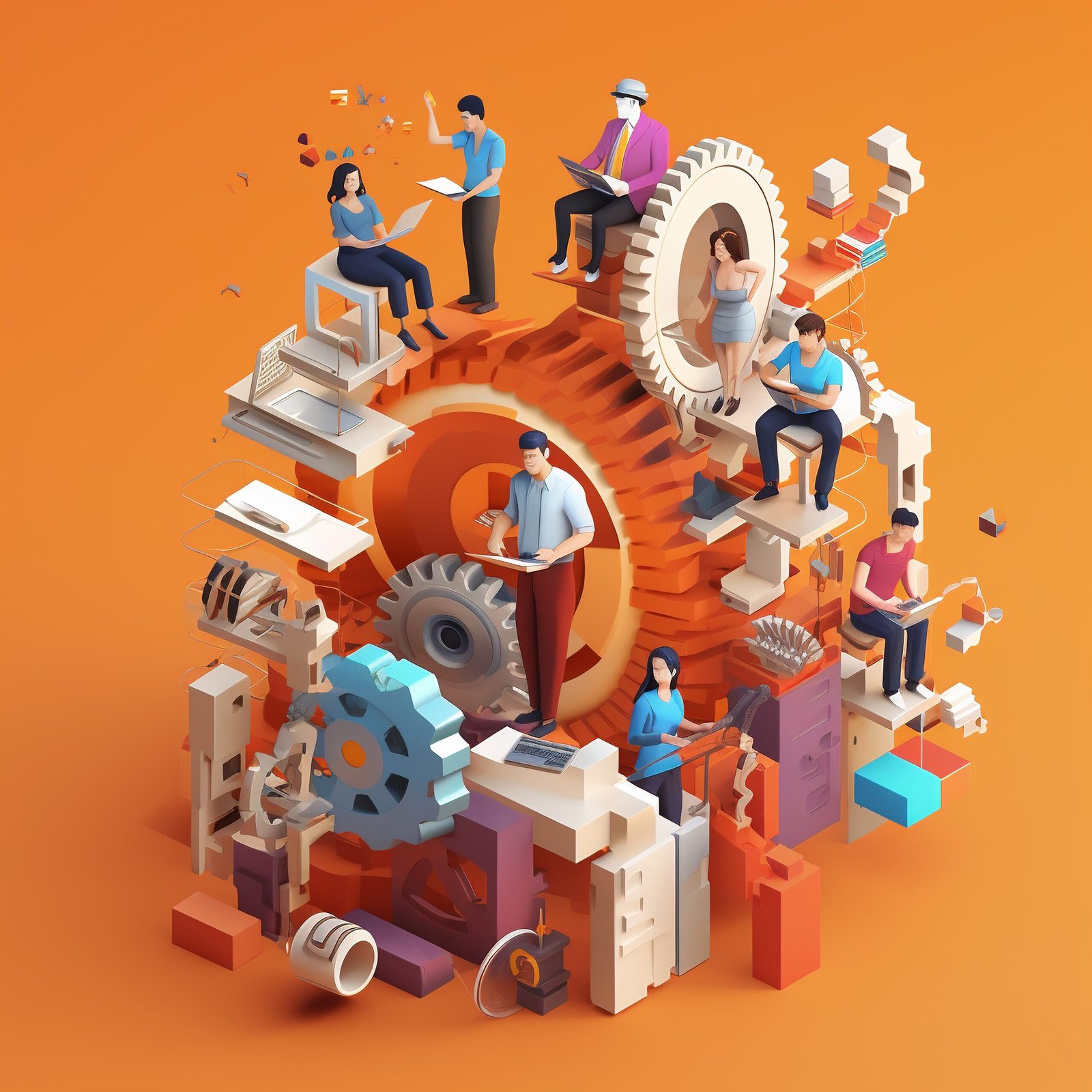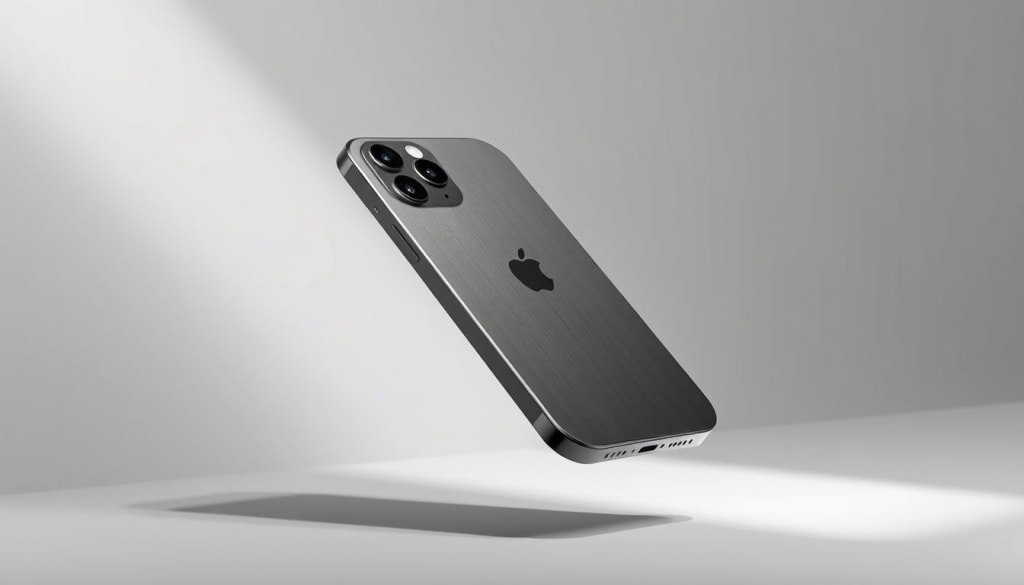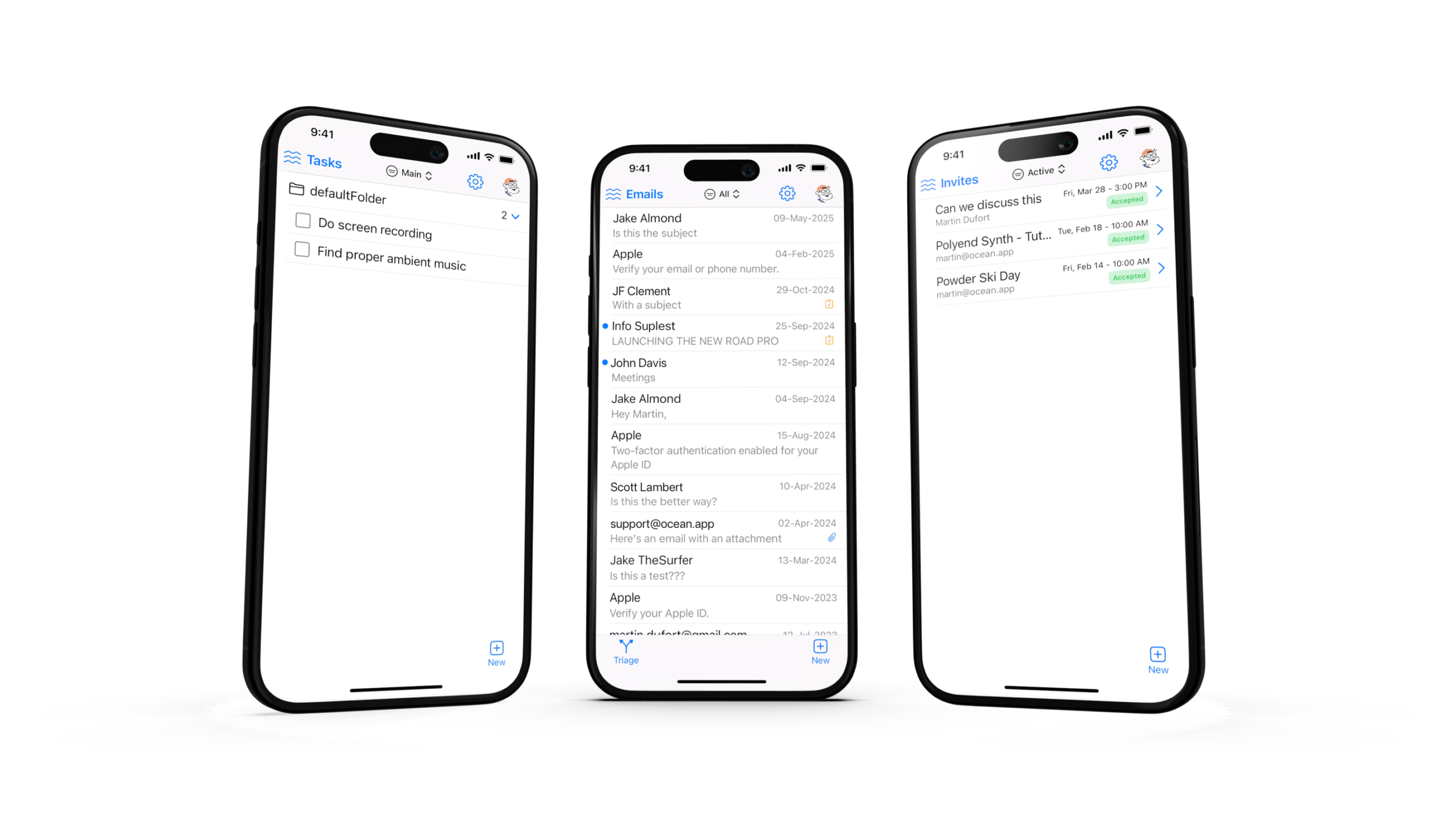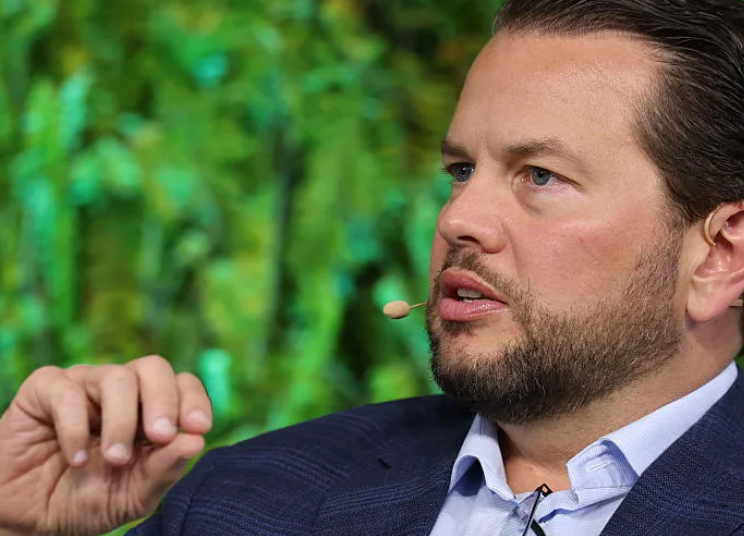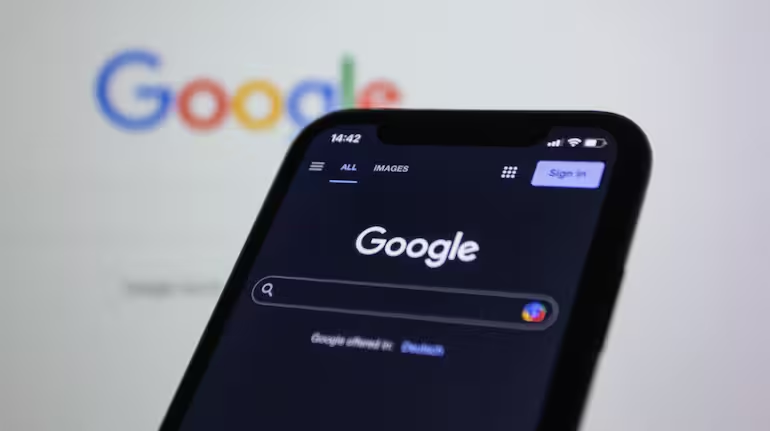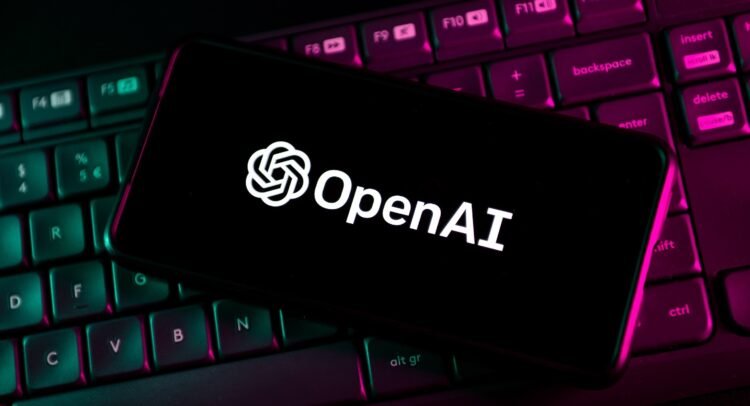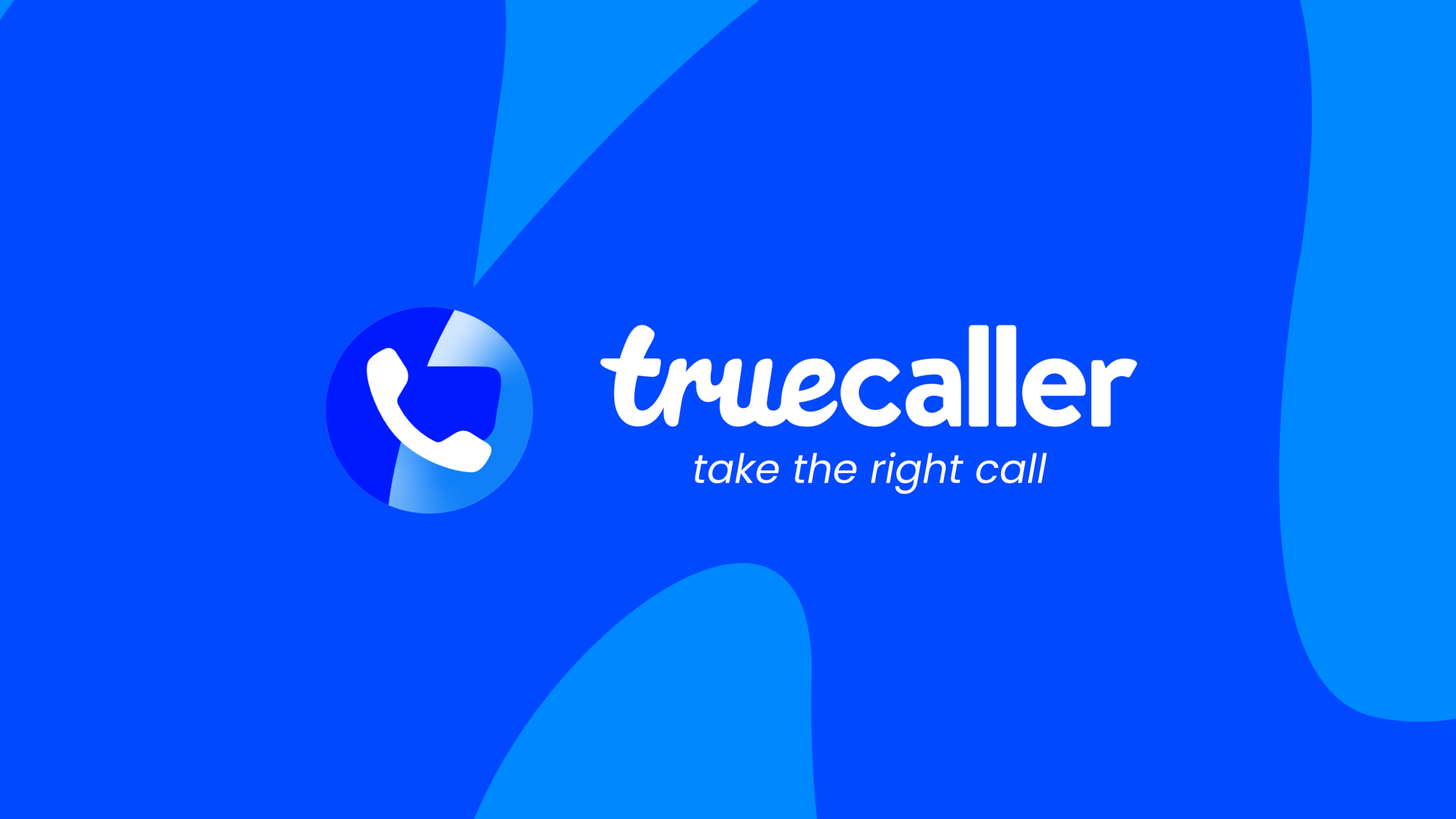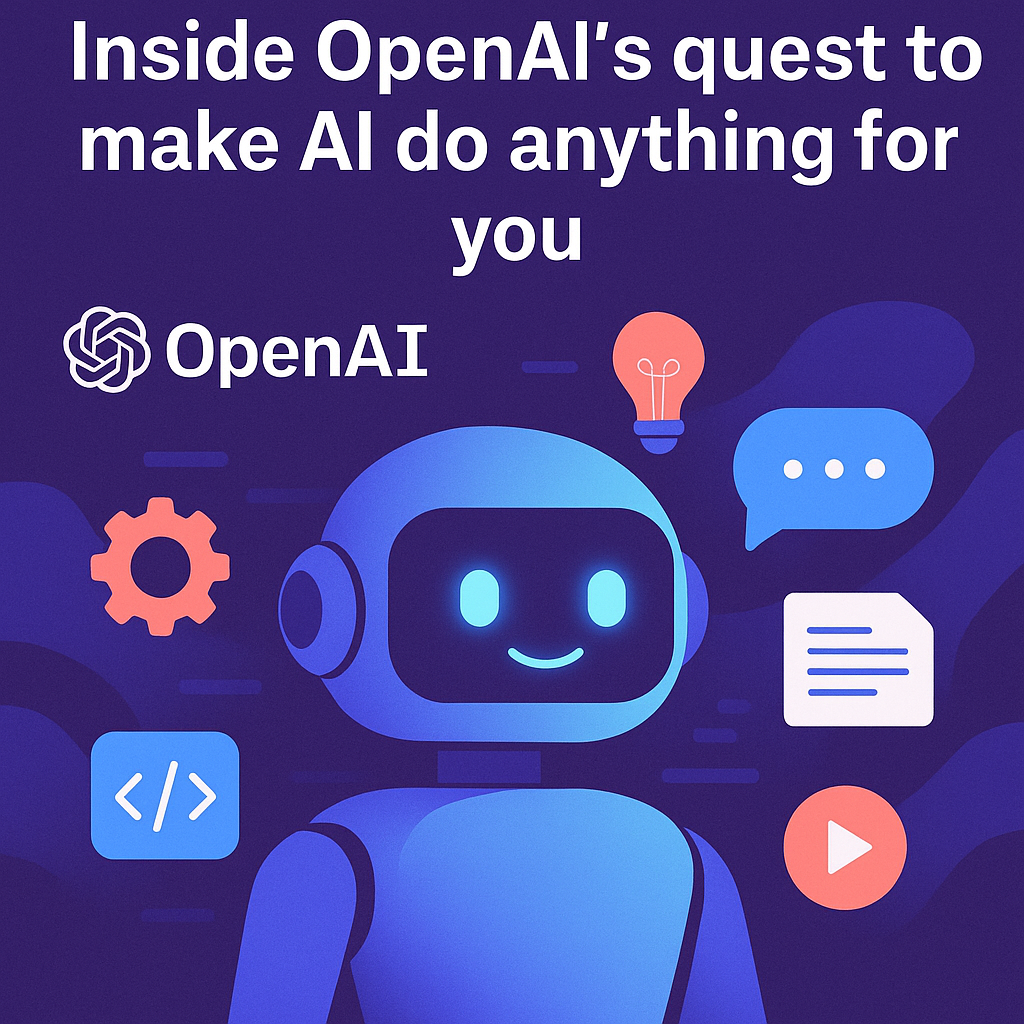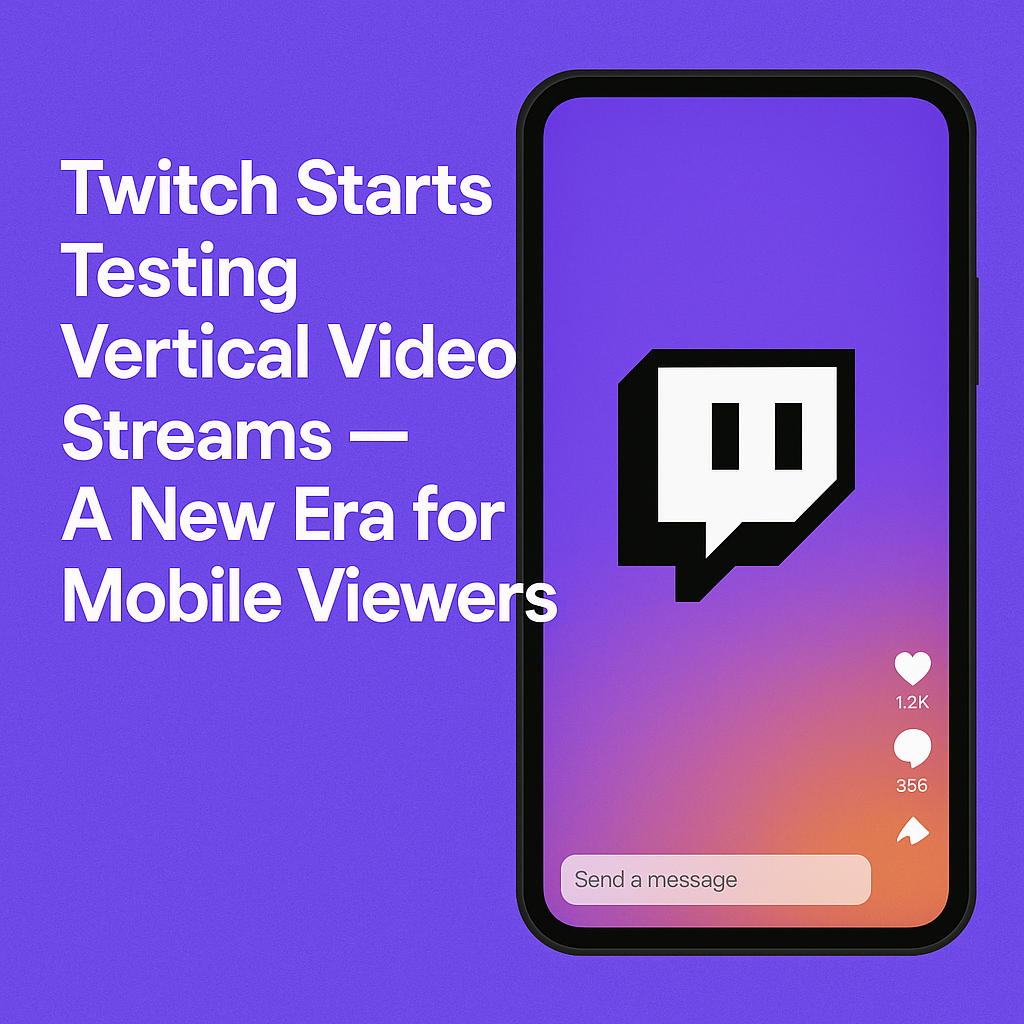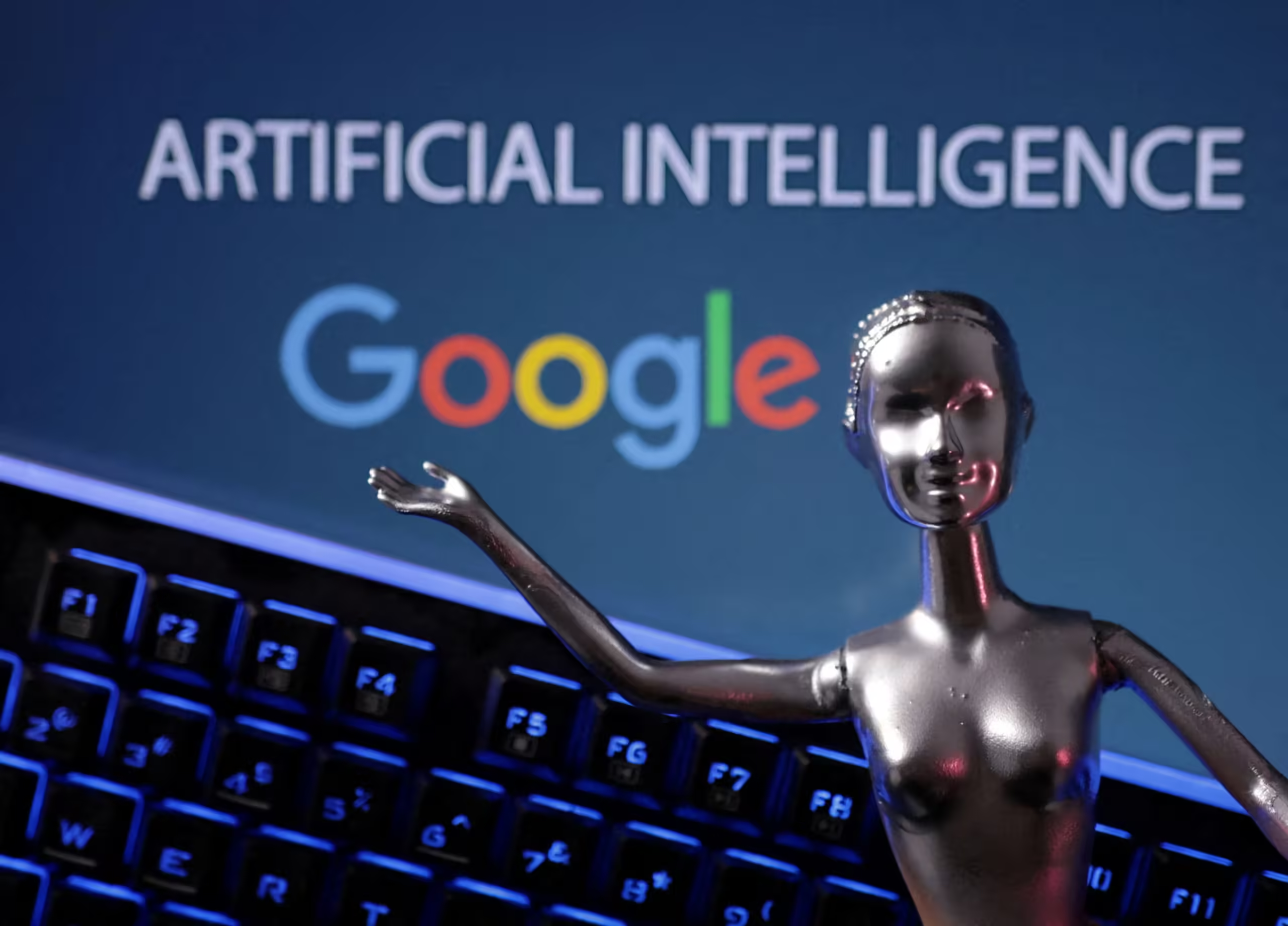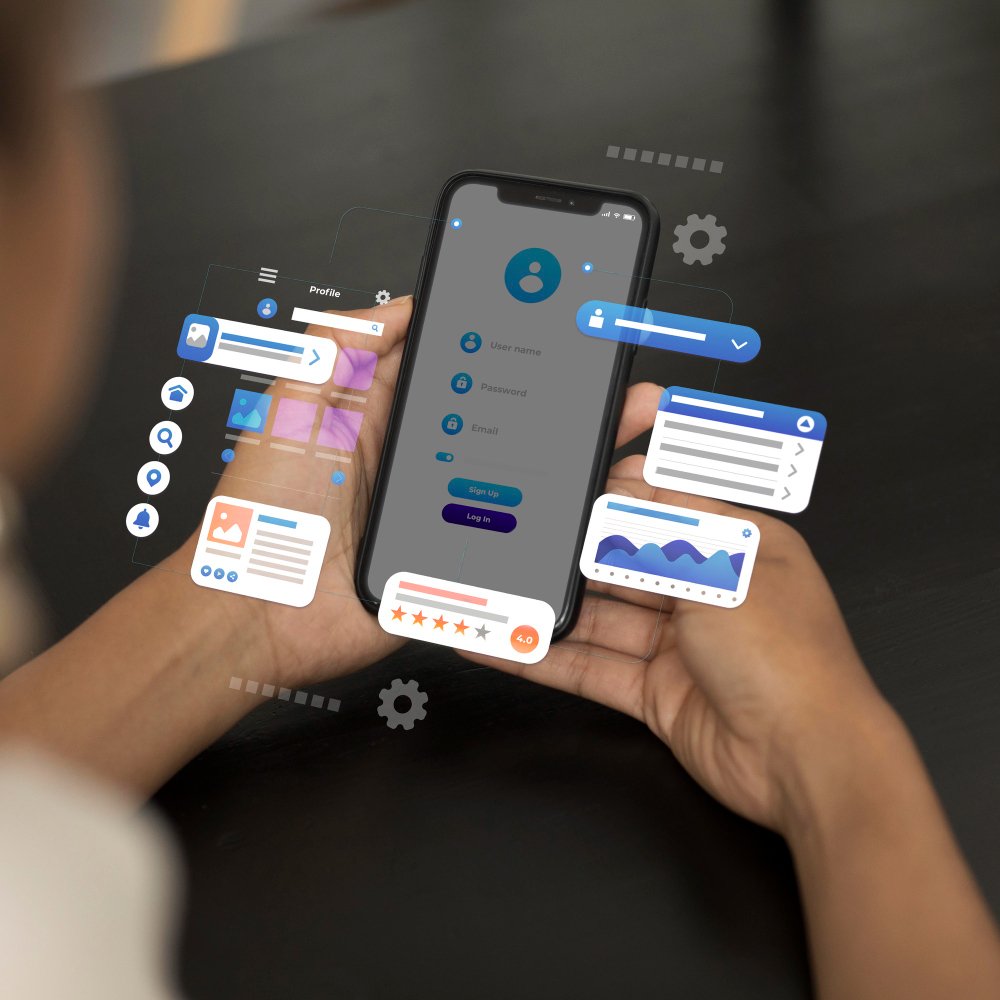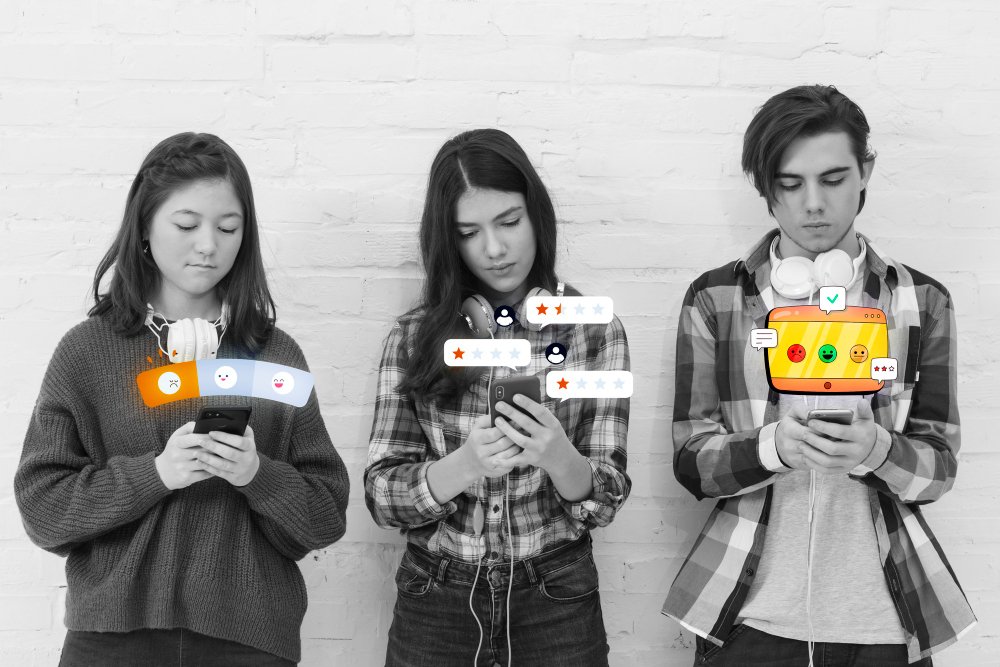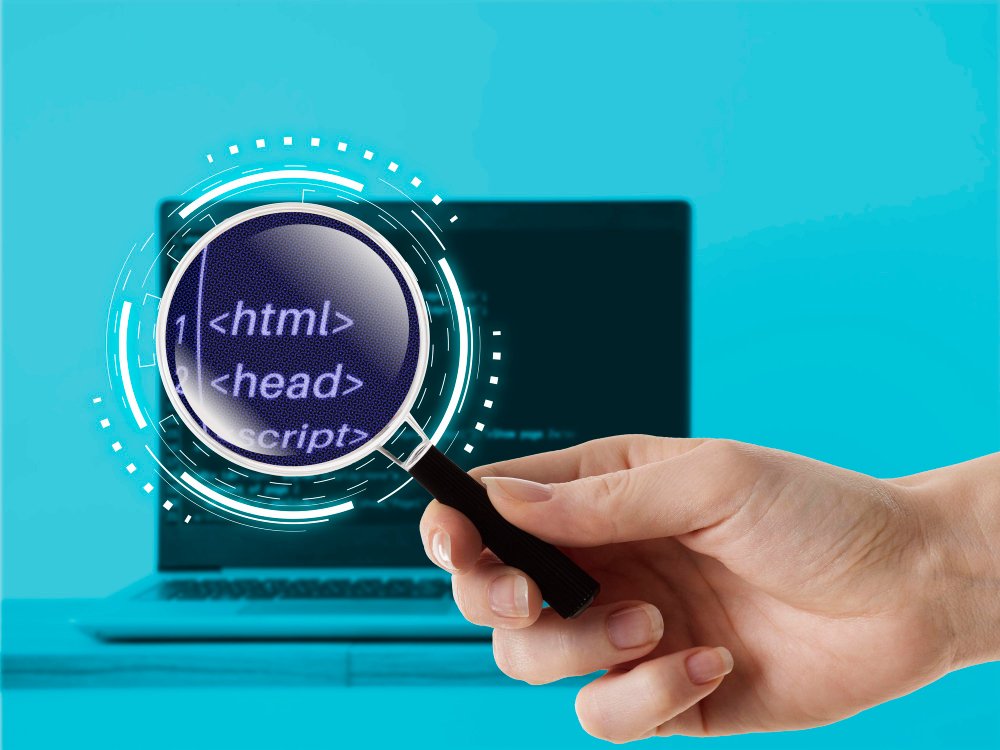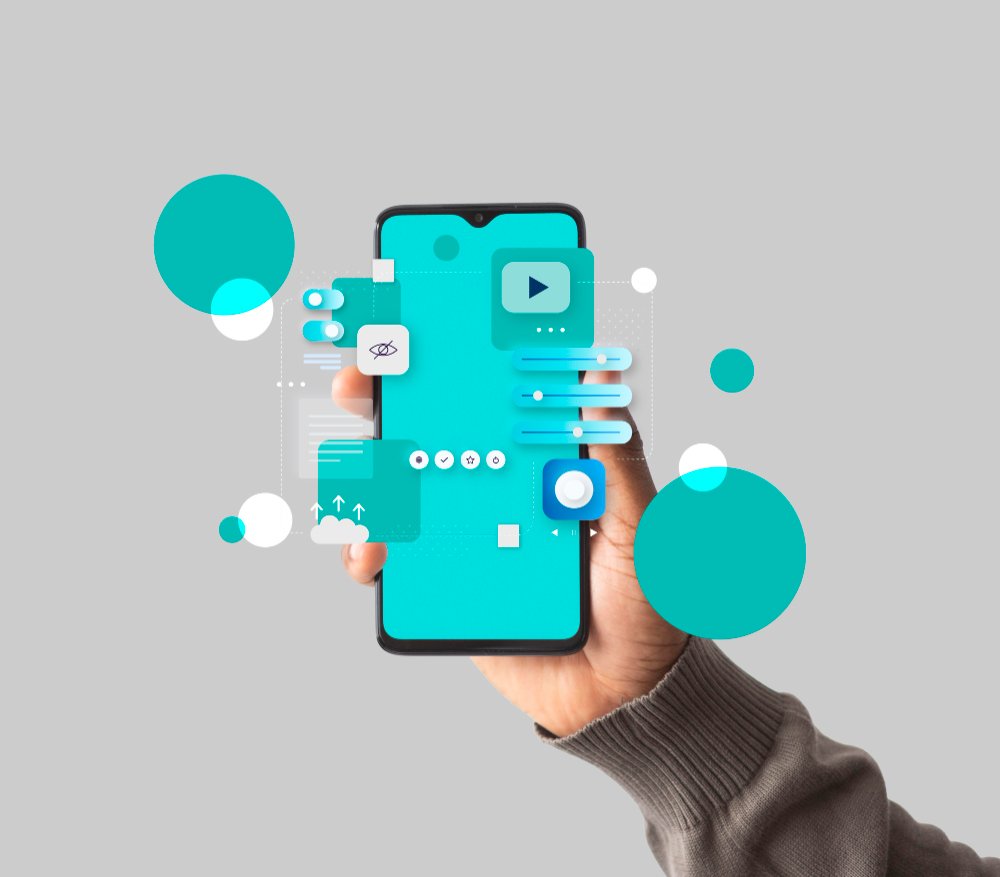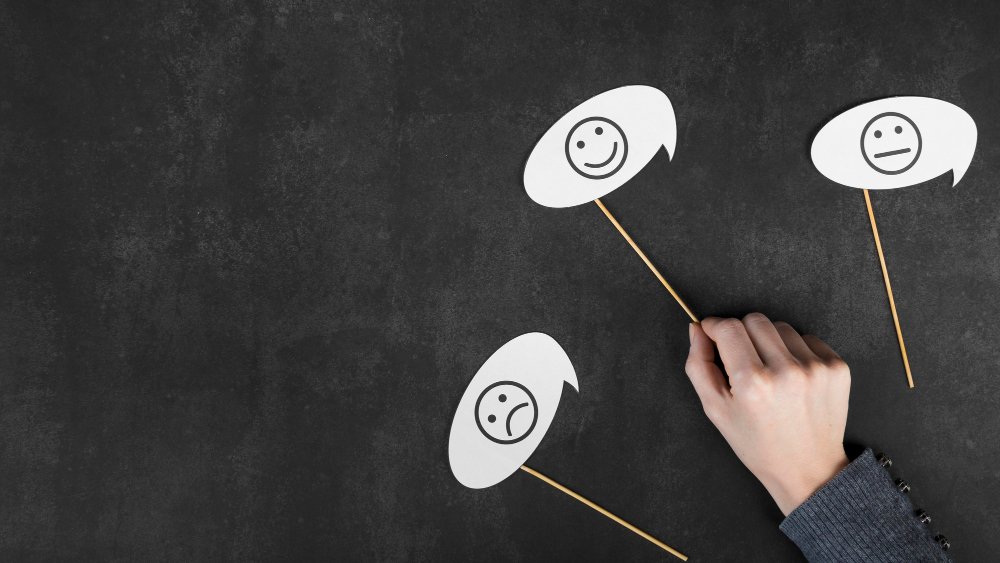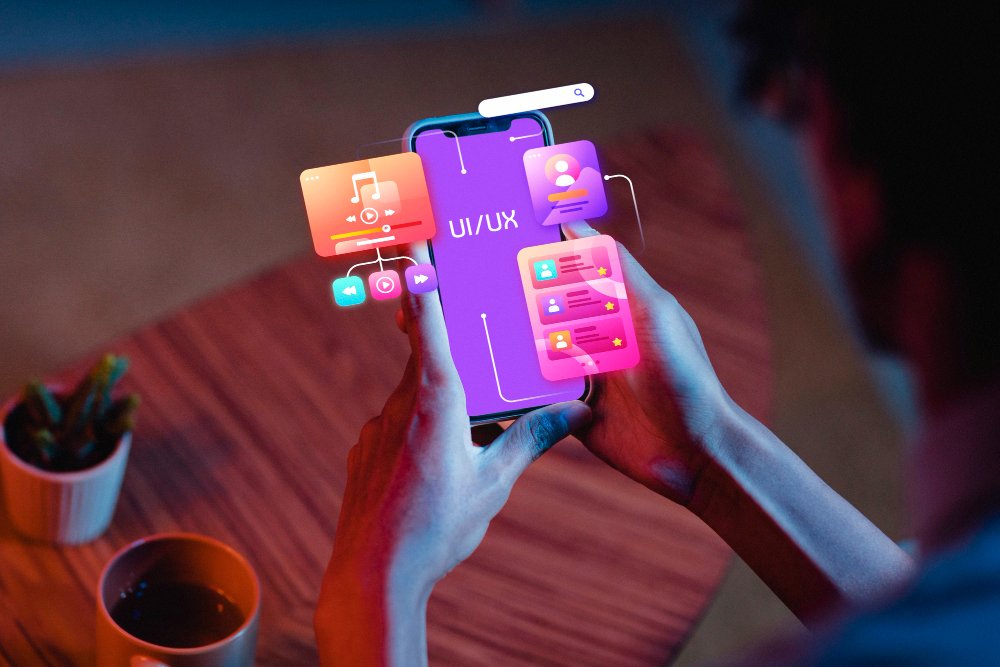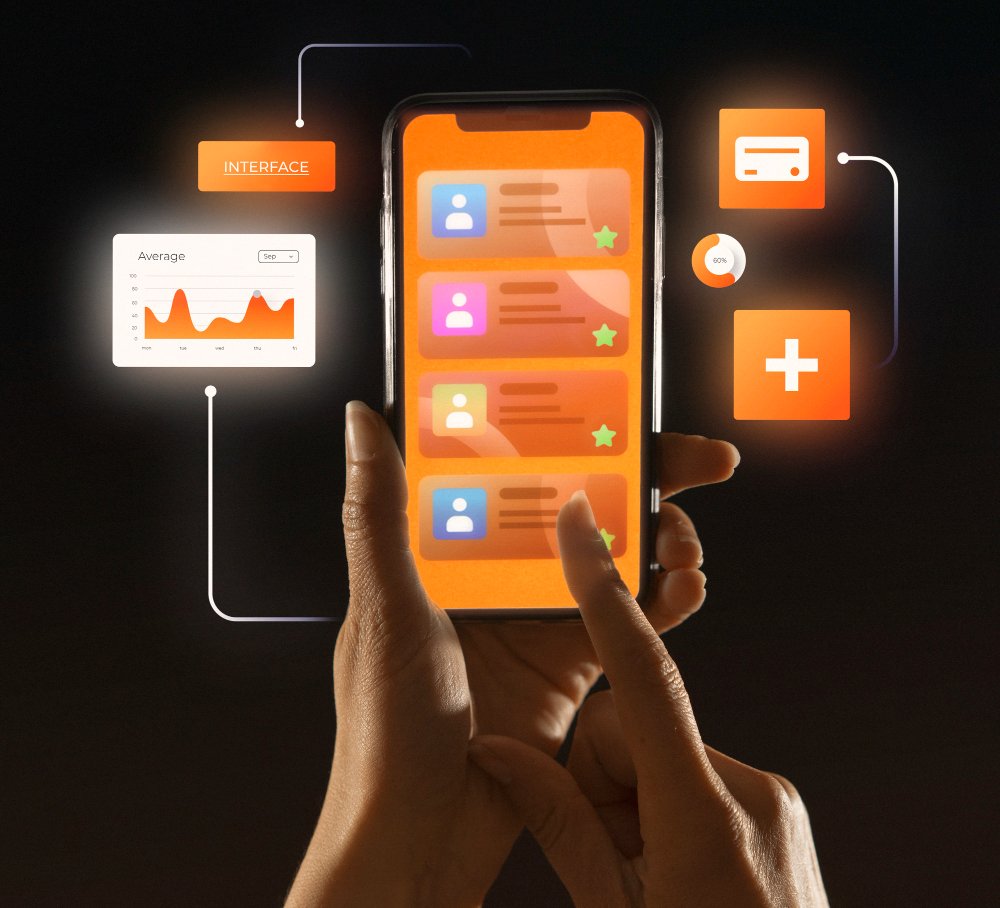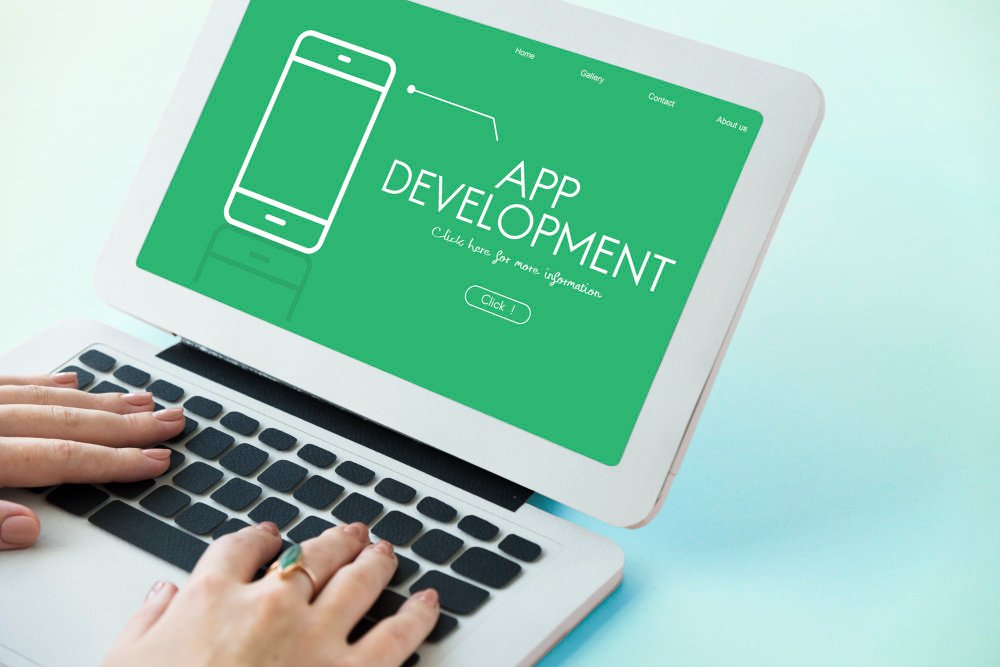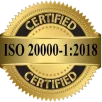In today’s fast paced digital world, finding the right talent is as important as finding the right customers. Companies across the globe are struggling to hire employees with the right skill sets, especially in the age of artificial intelligence. To solve this challenge, OpenAI has announced a revolutionary AI powered hiring platform, a bold move that directly takes on LinkedIn, the global leader in professional networking.
This announcement is not just about launching a new product. It is about reshaping the future of work by making recruitment smarter, faster, and more skills focused than ever before.
What is the OpenAI Jobs Platform?

(Image credit: OpenAI)
The OpenAI Jobs Platform is being built to connect job seekers and employers in a way that traditional platforms cannot. Instead of relying on resumes, job titles, or old school keywords, this platform will use advanced AI models to analyze a candidate’s true skills, learning potential, and career goals.
- Smarter Matching: AI will match candidates with opportunities that fit their skills, not just their qualifications.
- Personalized Recommendations: Job seekers will receive role suggestions that align with their strengths and interests.
- Global Opportunities: From startups to Fortune 500 companies, the platform will connect employers of every scale to AI ready workers.
This approach eliminates bias, reduces mismatches, and makes recruitment more efficient for both sides.
Certifications and AI Upskilling
One of the biggest challenges in the modern job market is the skills gap. Many professionals are worried about being left behind as AI transforms industries. OpenAI is addressing this by launching AI Certifications through its platform.
- These certifications will be accessible directly inside ChatGPT’s Study Mode.
- Candidates can prepare, practice, and get certified, all in one place.
- Certifications will cover different levels of AI literacy, from beginners to advanced professionals.
The impact is huge:
- Workers can prove their AI skills to employers without needing expensive degrees.
- Companies can confidently hire based on verified abilities.
- Education and employment will finally come together in one integrated ecosystem.
OpenAI Academy has already trained over 2 million learners, and by 2030 the company plans to certify 10 million people in the U.S. alone. This is a step toward a more inclusive, skills first economy.

(Image credit: Tom’s Guide)
OpenAI vs LinkedIn The Battle for the Future of Hiring
For over two decades, LinkedIn has dominated the professional networking space. But OpenAI’s move challenges this monopoly.
Here’s the key difference:
- LinkedIn focuses on professional connections, resumes, and endorsements.
- OpenAI’s Jobs Platform will focus on skills validation, AI certifications, and precision matchmaking.
The twist? Microsoft owns LinkedIn and is also a major investor in OpenAI. This creates an interesting dynamic, one partner company competing against another in the same industry.
If successful, OpenAI could disrupt LinkedIn’s dominance by shifting hiring from a network driven model to a skills driven model.
Partnerships and Industry Support
To ensure adoption and credibility, OpenAI has already partnered with major players including:
- Walmart (the largest private employer in the U.S.)
- Accenture, BCG, and Indeed (leaders in recruitment and consulting)
- John Deere (industry giant in manufacturing and agriculture)
- U.S. state governments like Delaware and Texas Business Associations
Even the White House has aligned with this initiative, supporting AI literacy programs that aim to prepare millions of Americans for the future of work.
Such large scale backing ensures that OpenAI’s platform will not just be a tech experiment but a real world solution.
Launch Timeline
- AI Certifications Pilot: Late 2025
- Jobs Platform Official Launch: Mid 2026 (U.S. first, global expansion later)
This timeline gives professionals enough time to upskill and prepare before the platform goes live.
Why Does It Matter?
OpenAI’s move is more than just launching a new hiring site. It represents:
- A shift from degrees to skills, practical AI fluency will matter more than paper qualifications.
- Democratization of opportunities, small businesses and local governments will gain access to the same talent pool as big corporations.
- Future ready workforce, millions of people will be empowered to stay relevant in the AI age.
For employers, this means faster hiring and reduced costs. For professionals, it means equal opportunities, better job matches, and recognition for actual skills.



